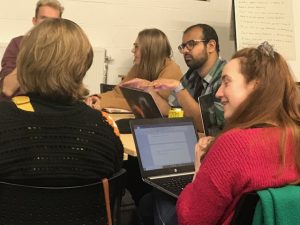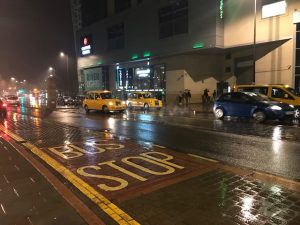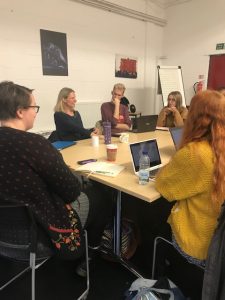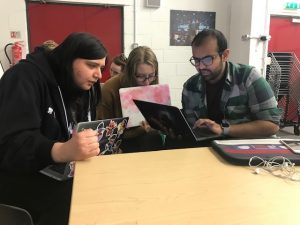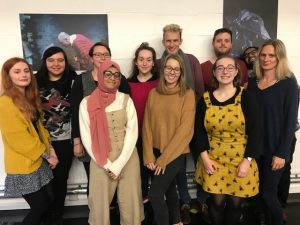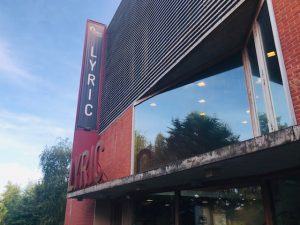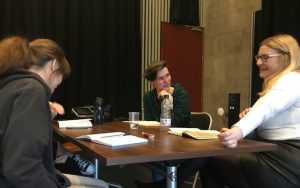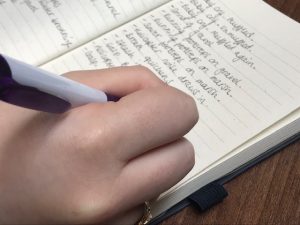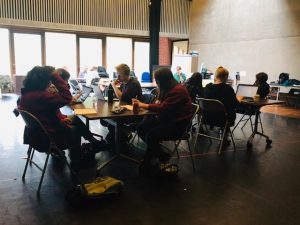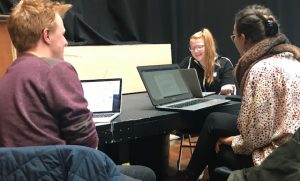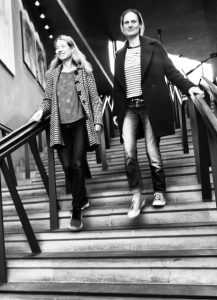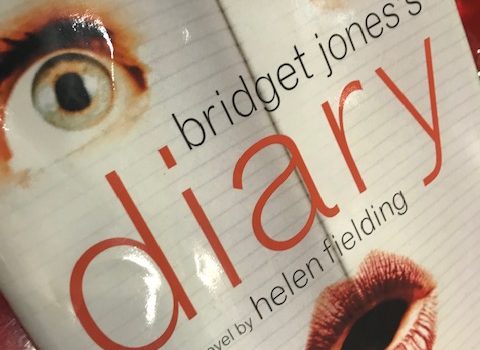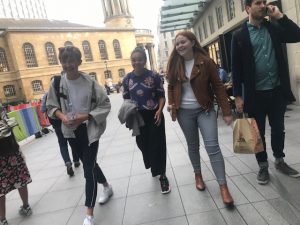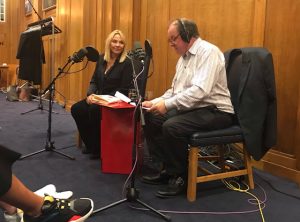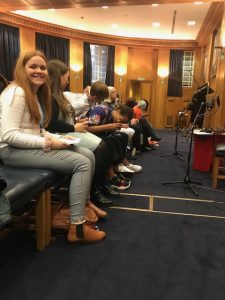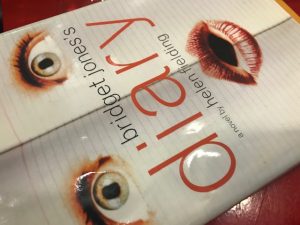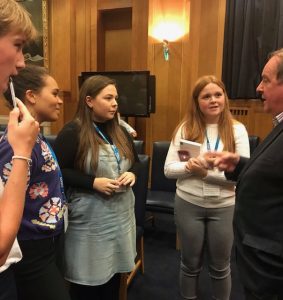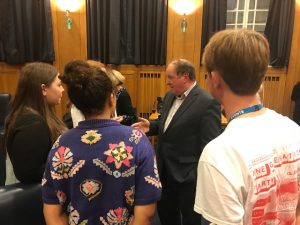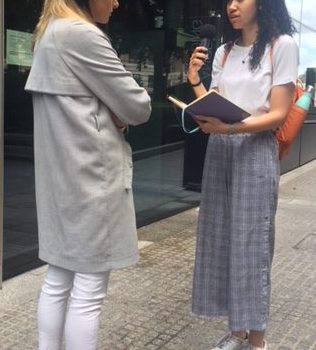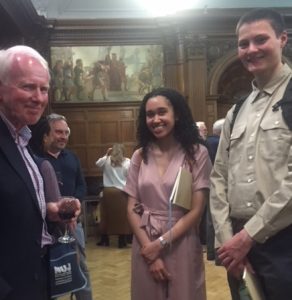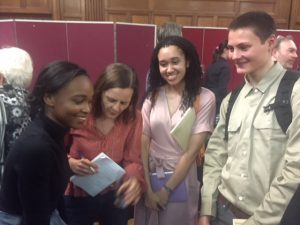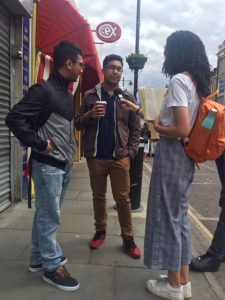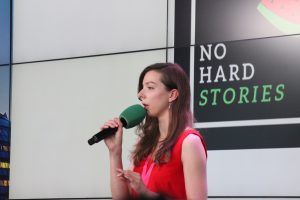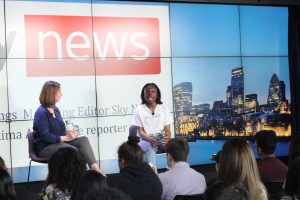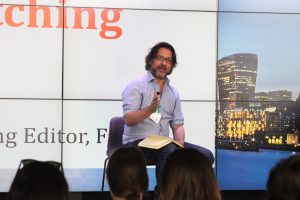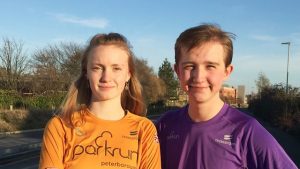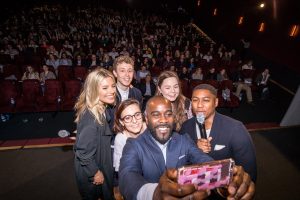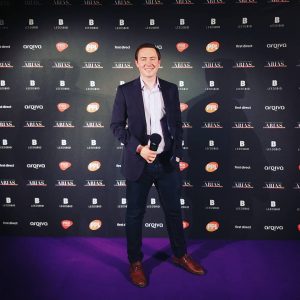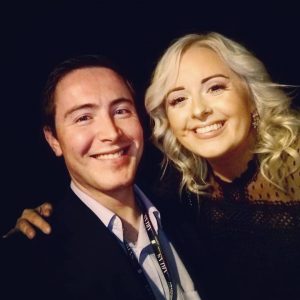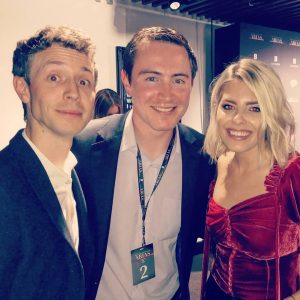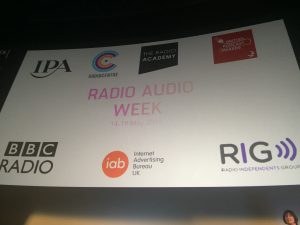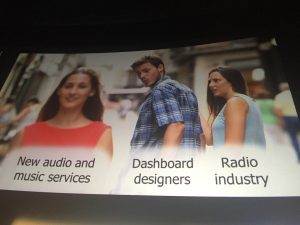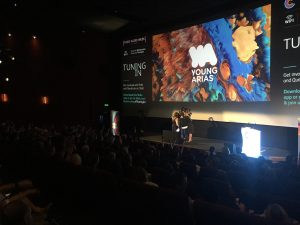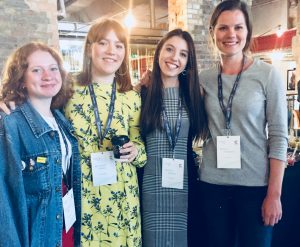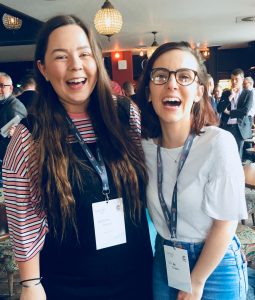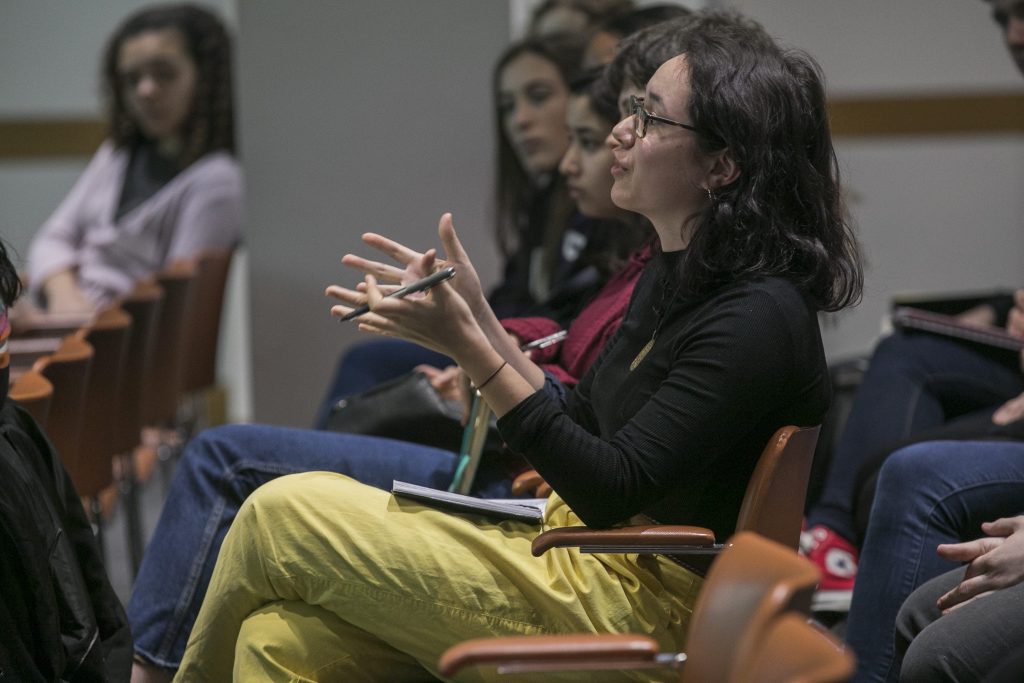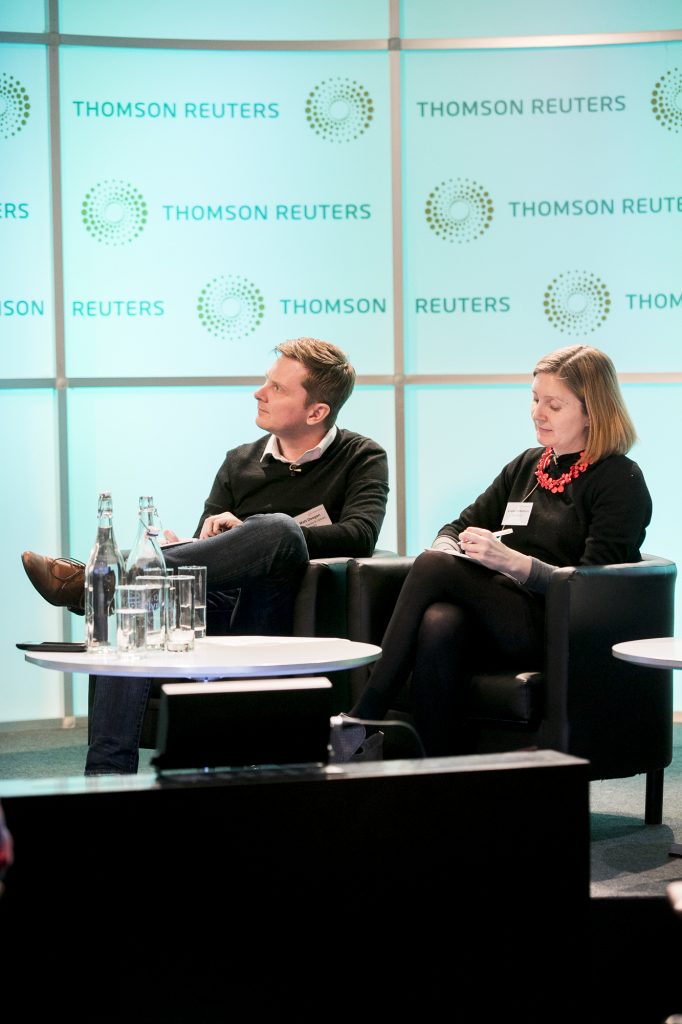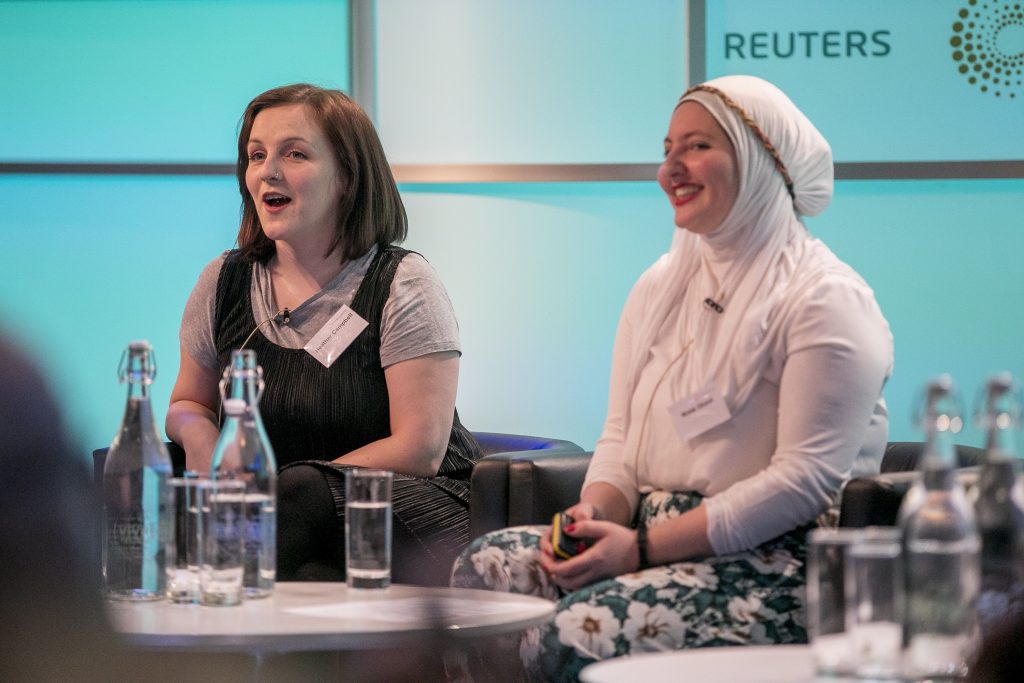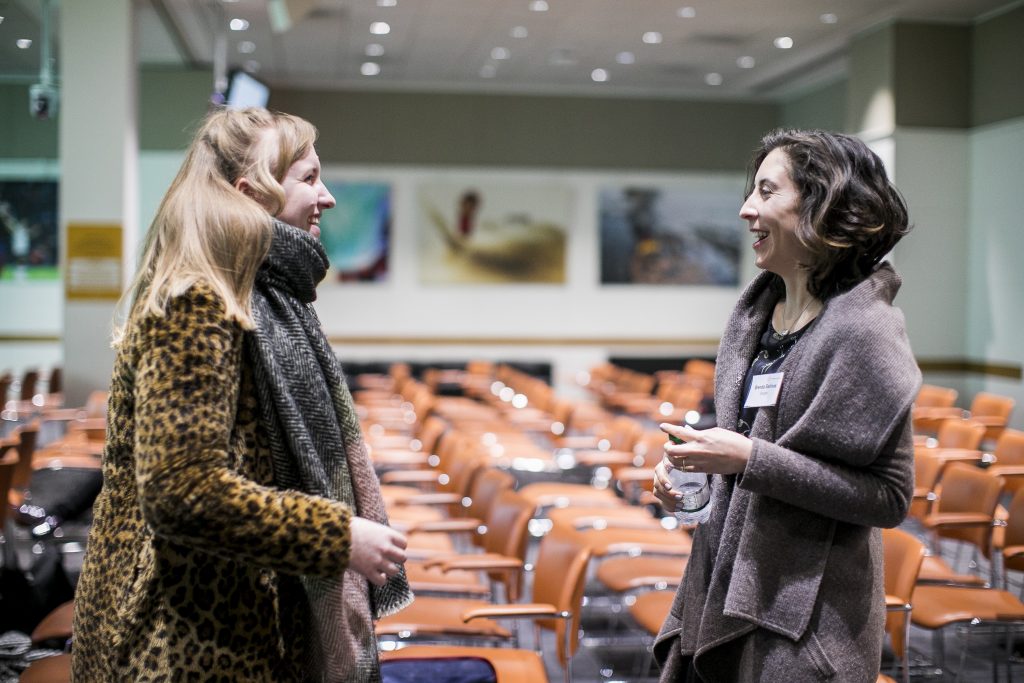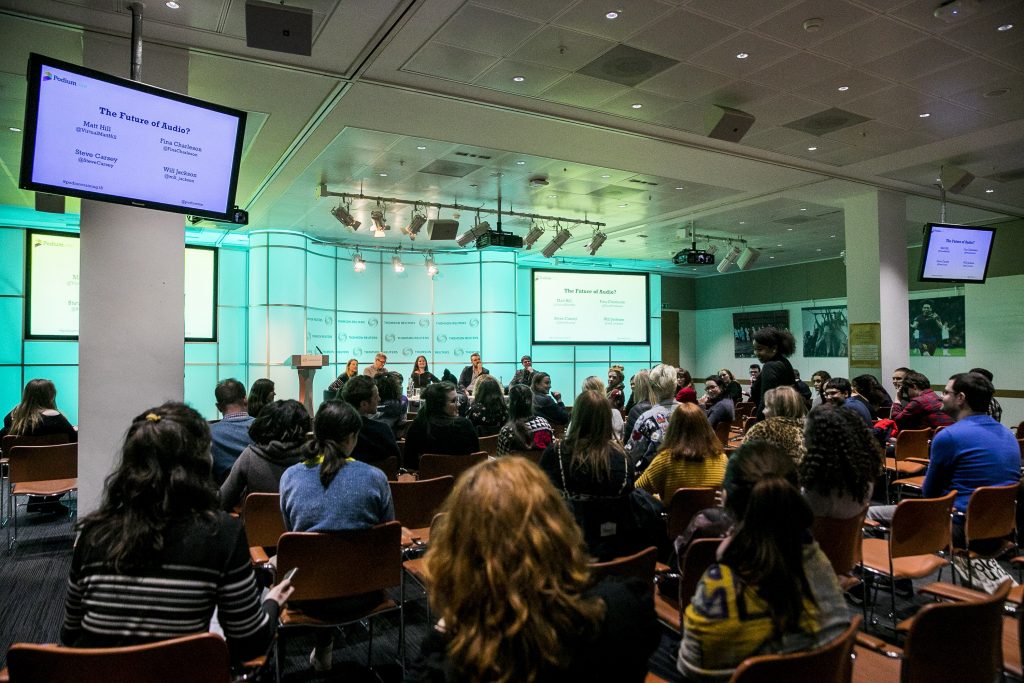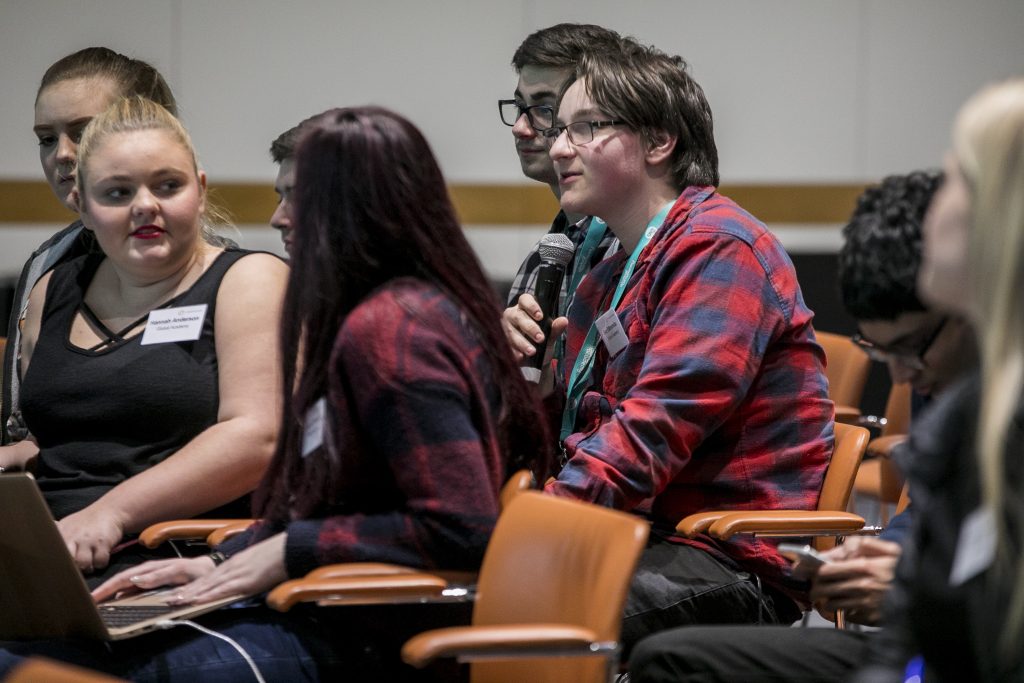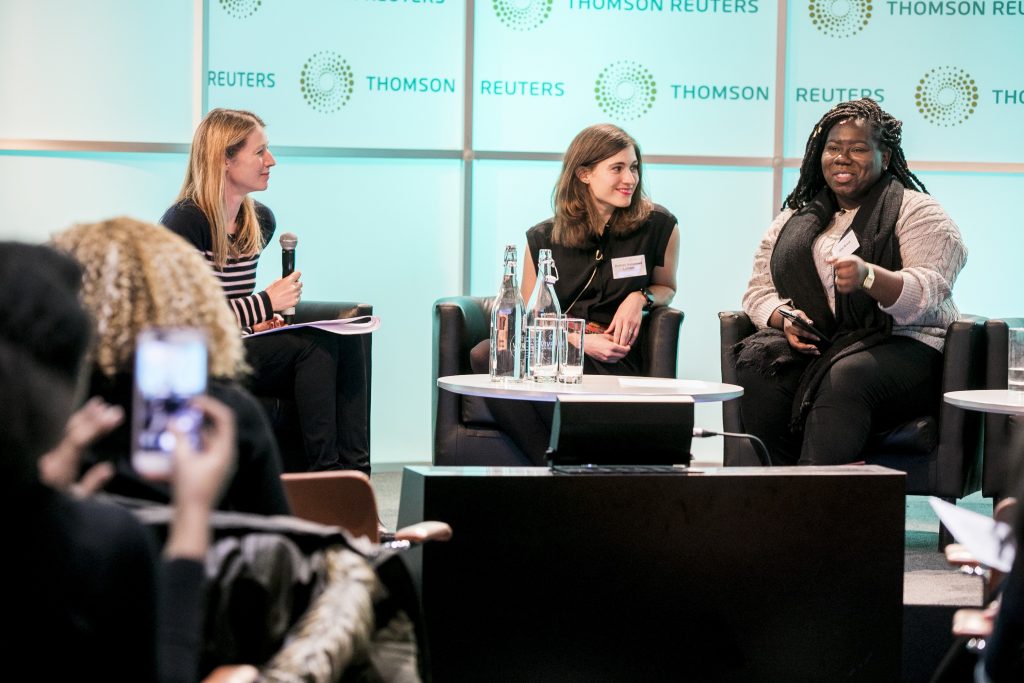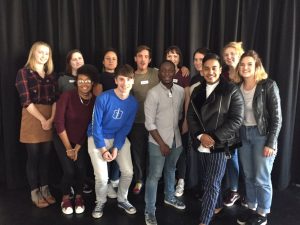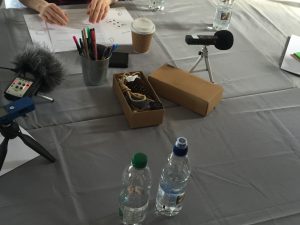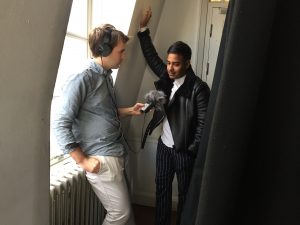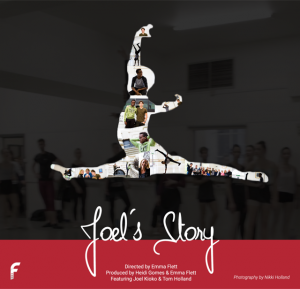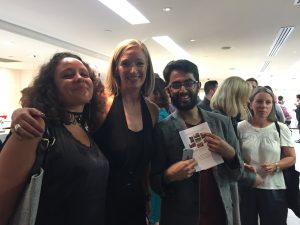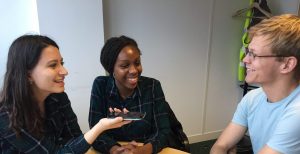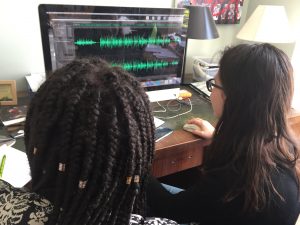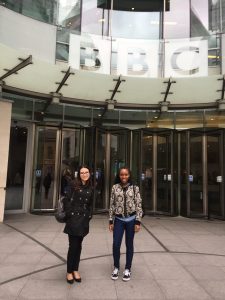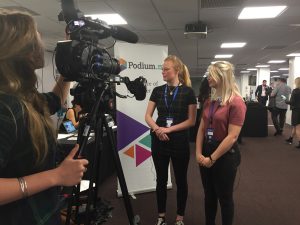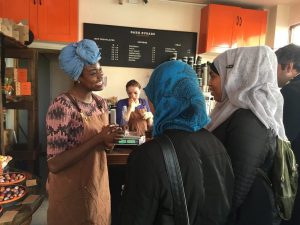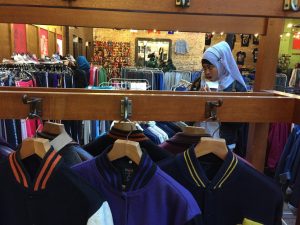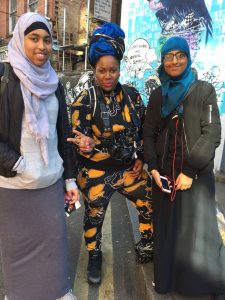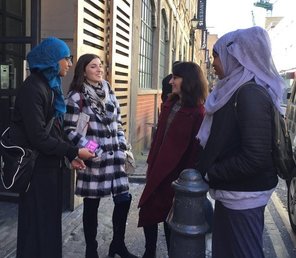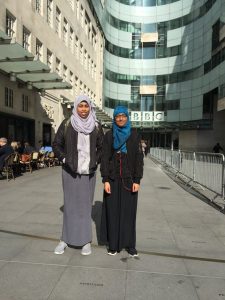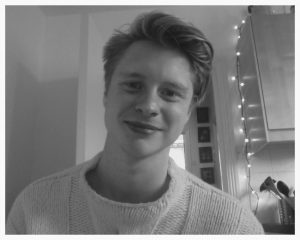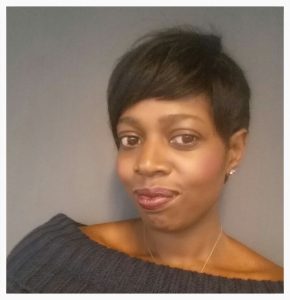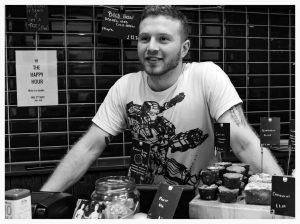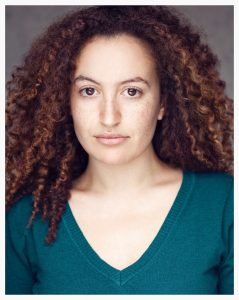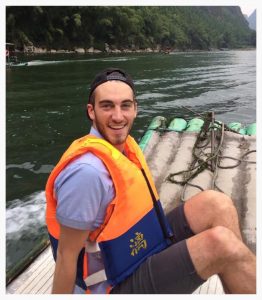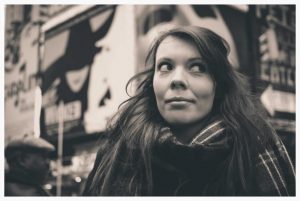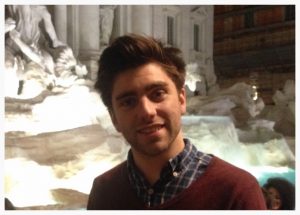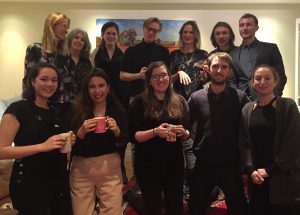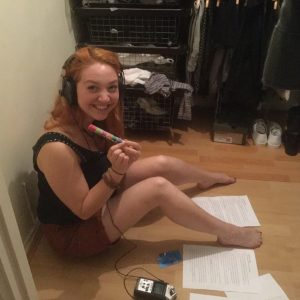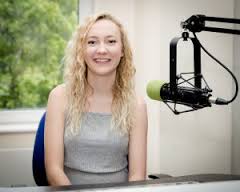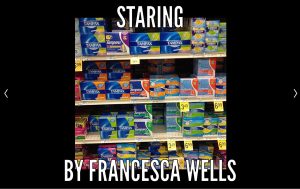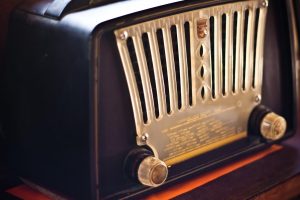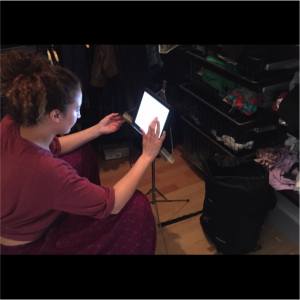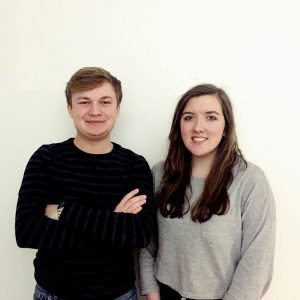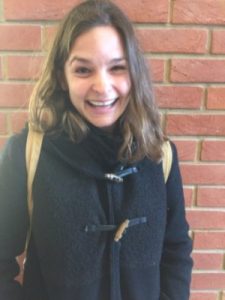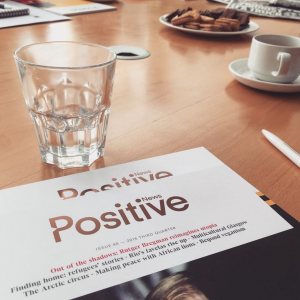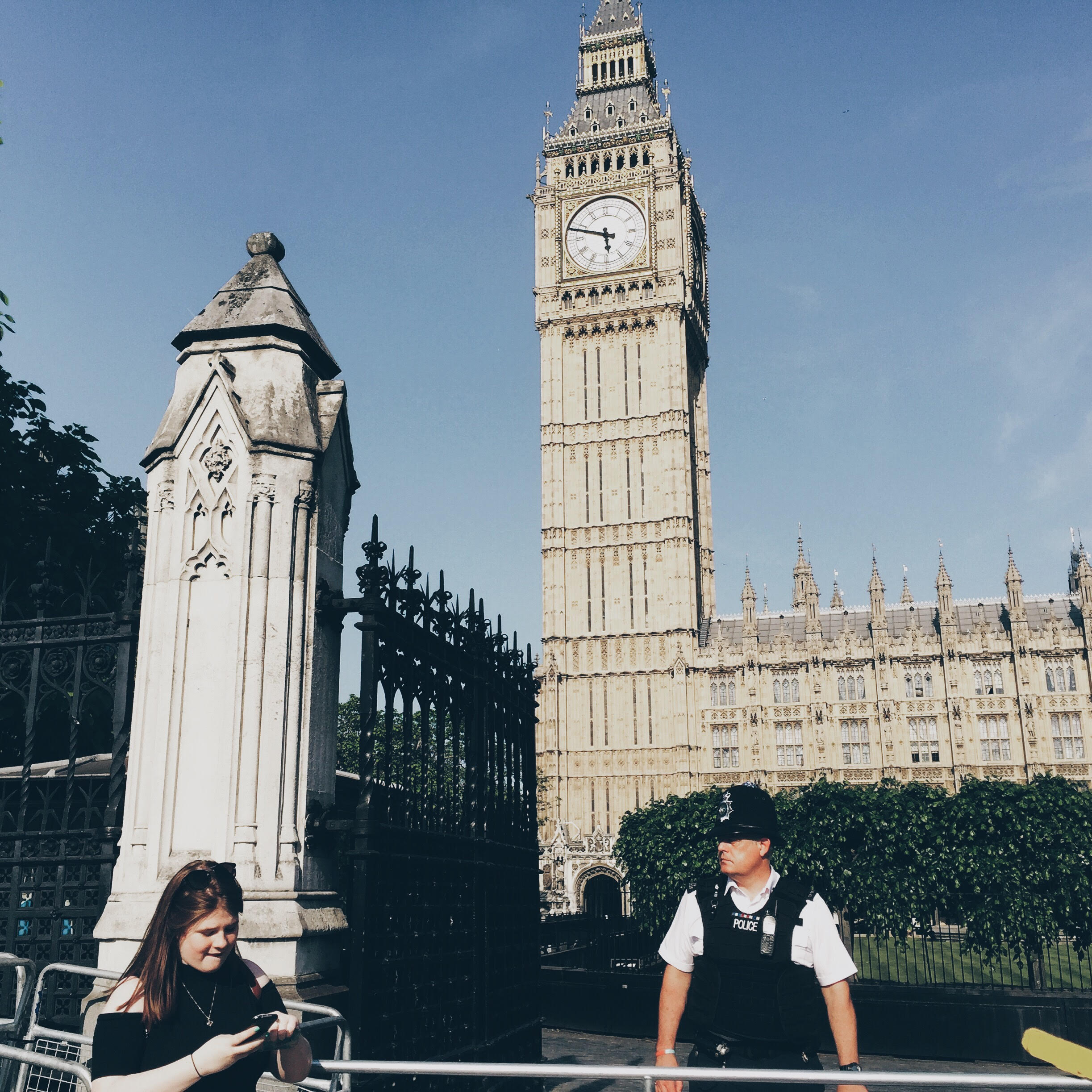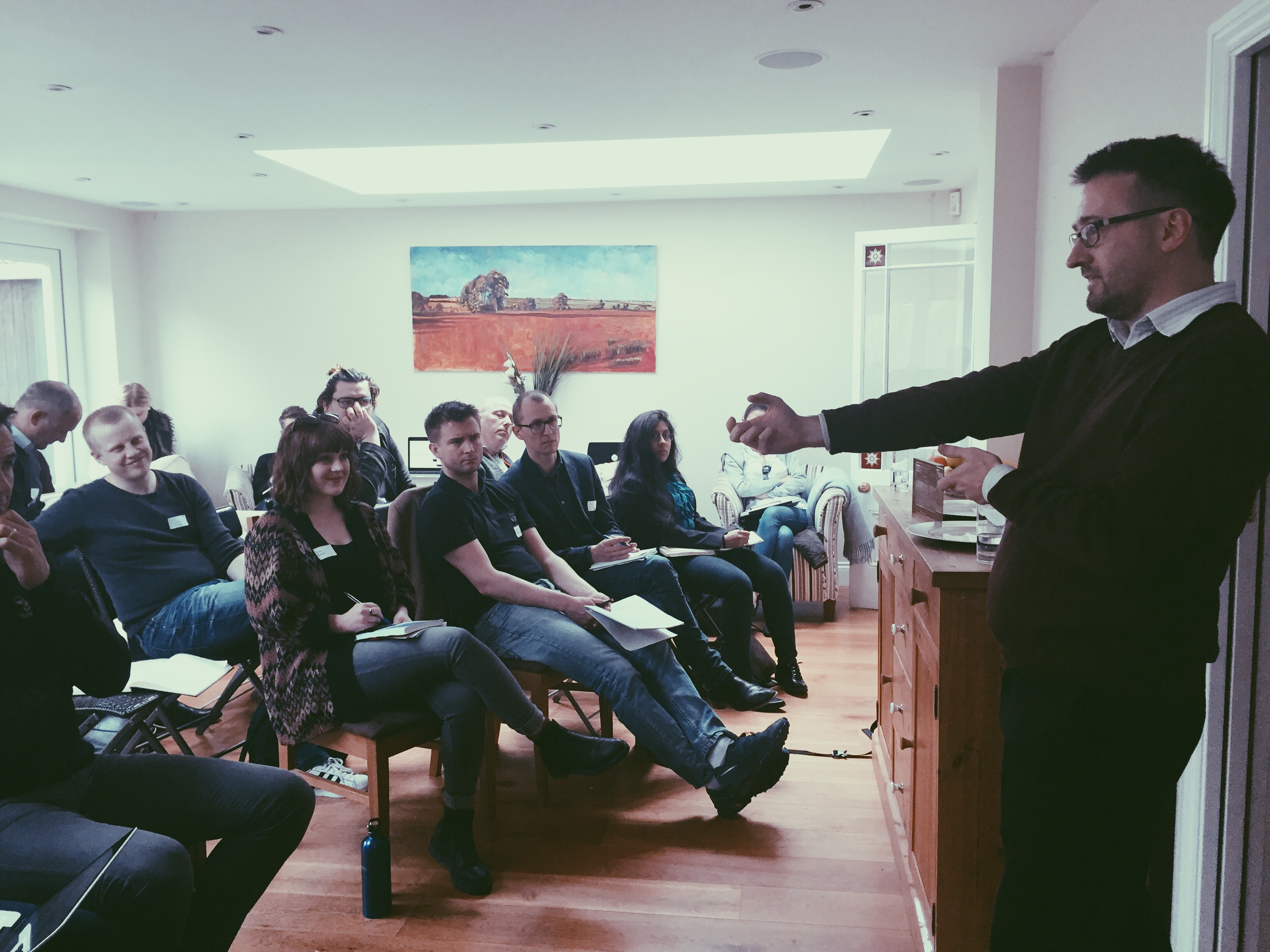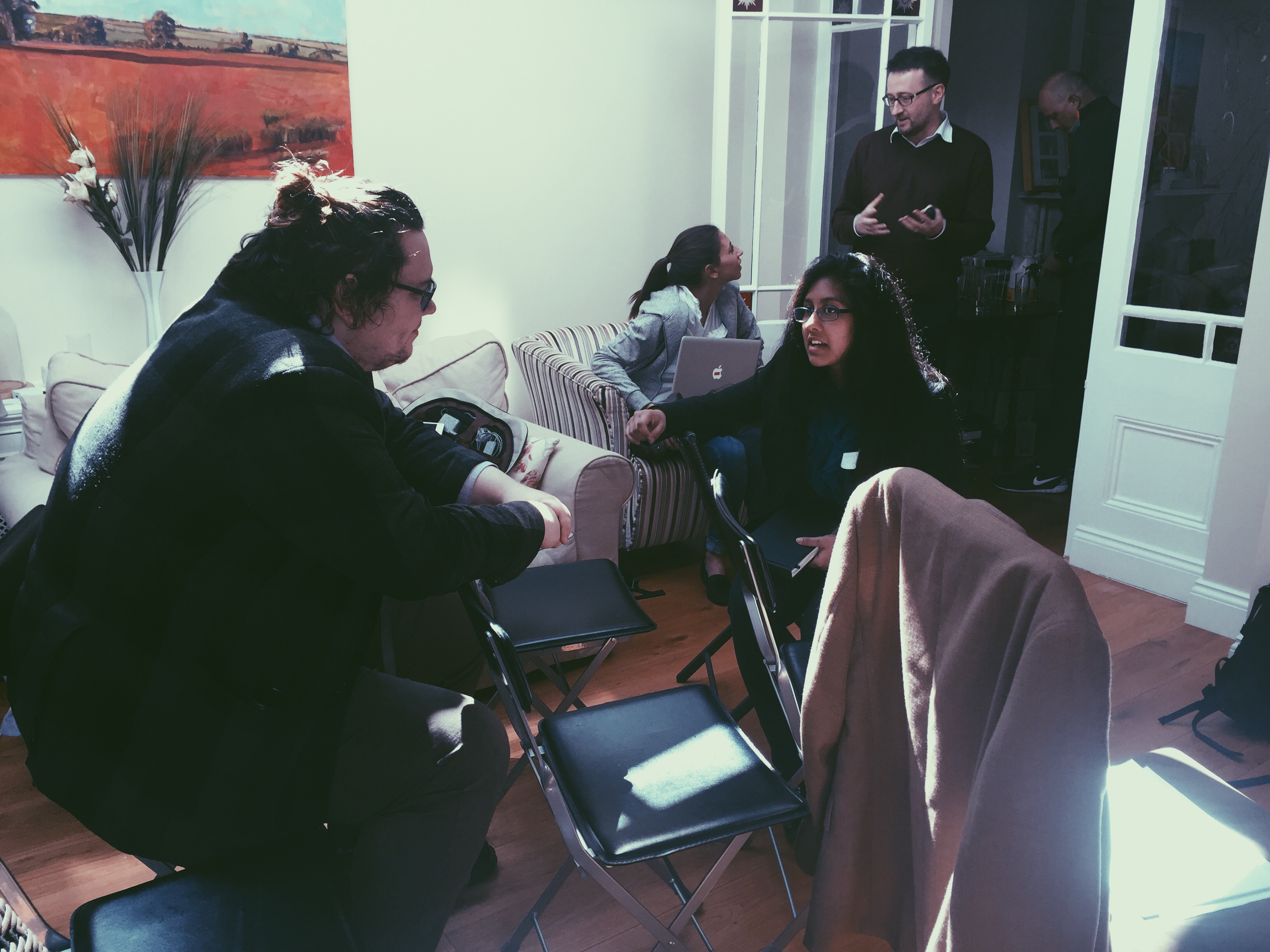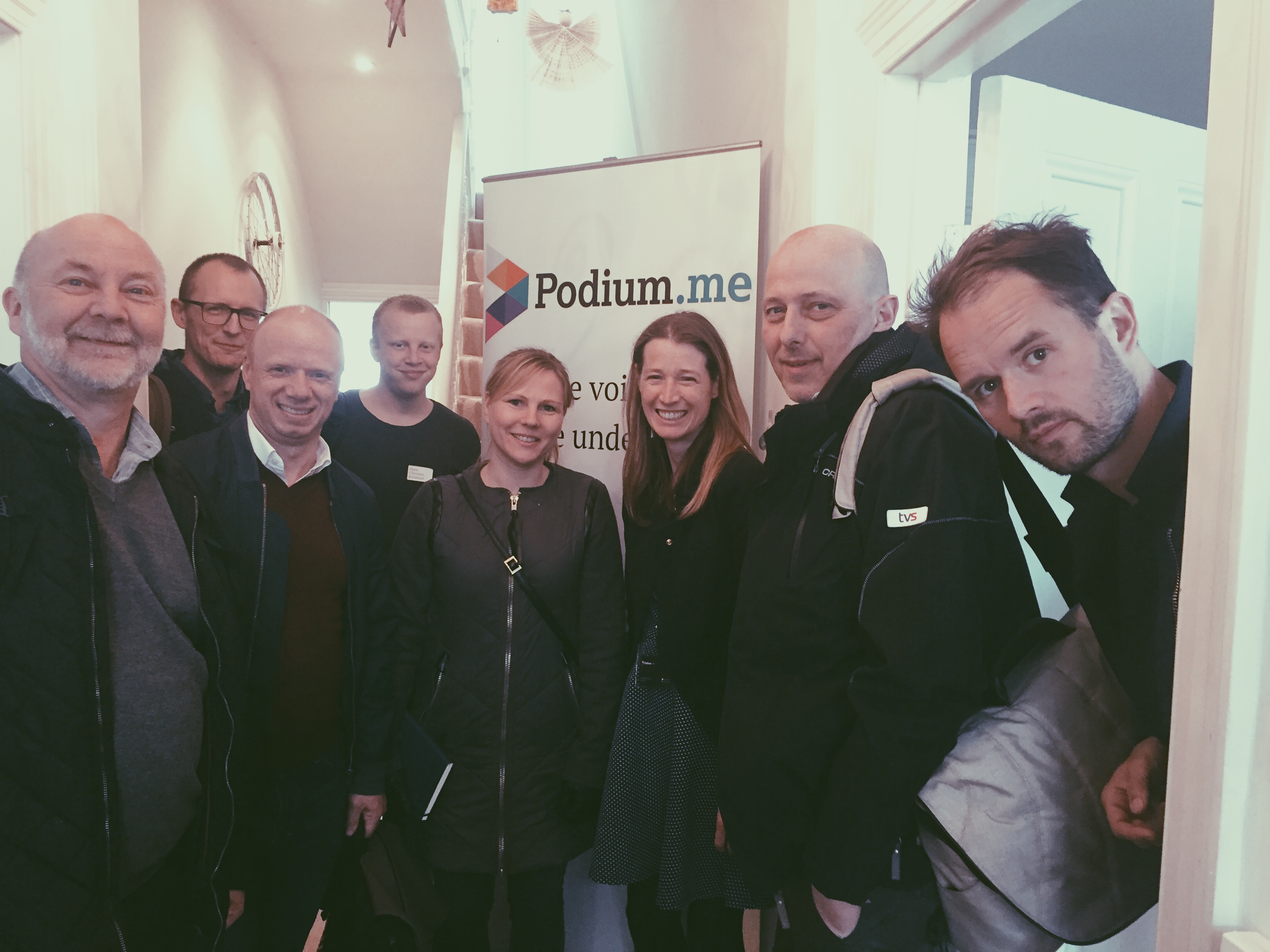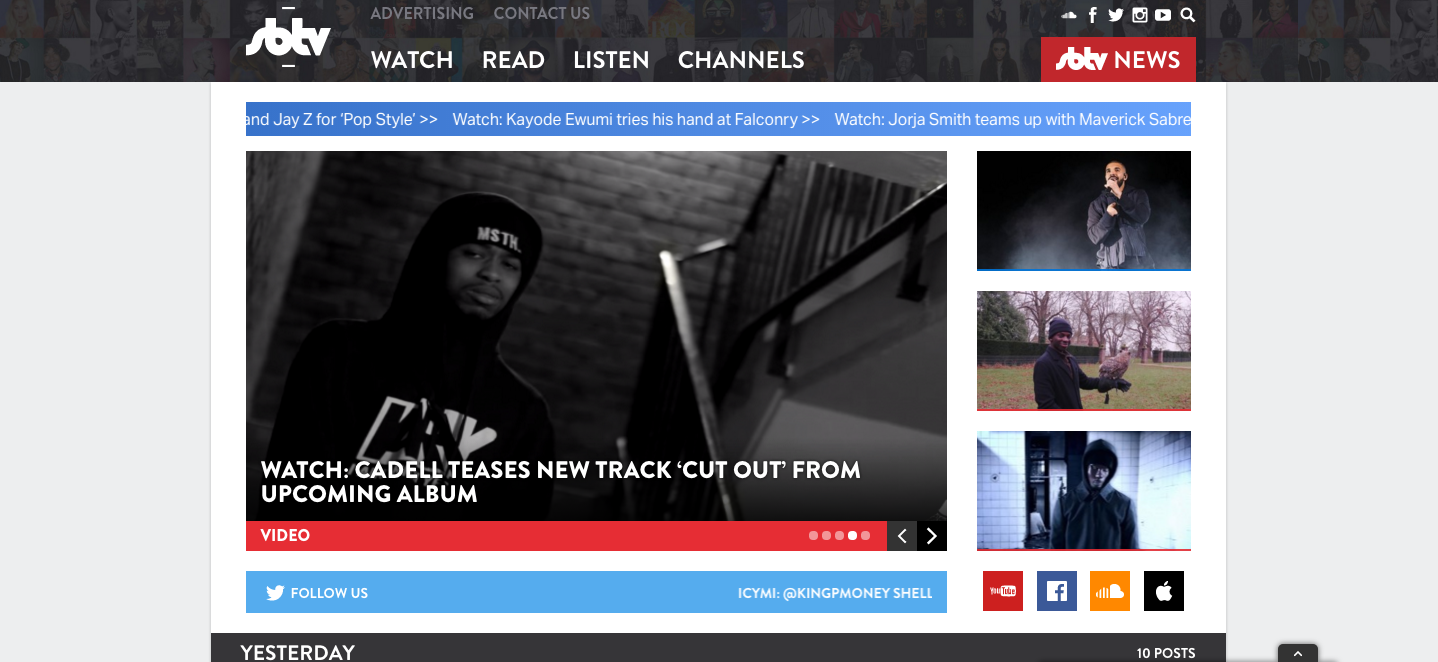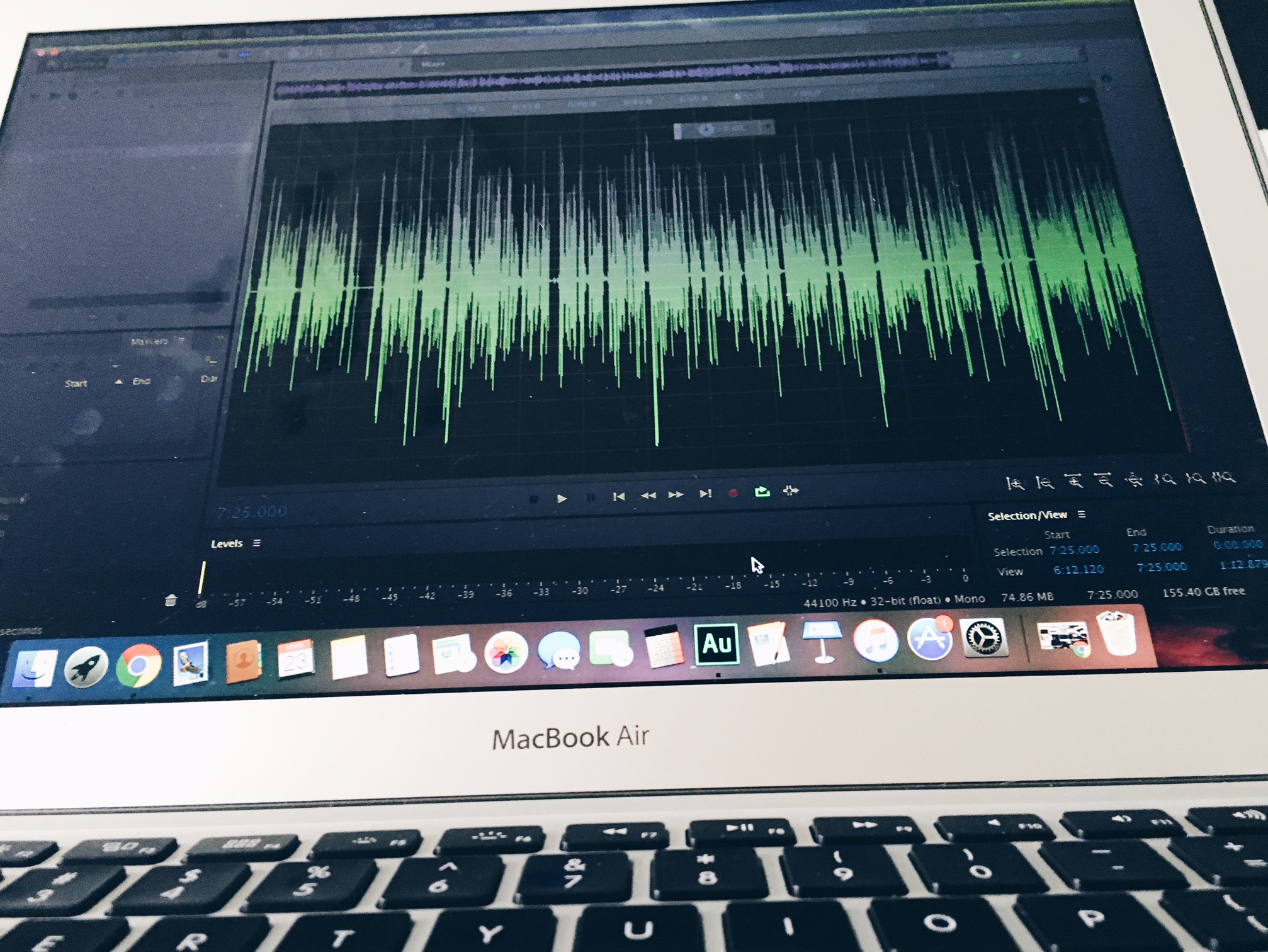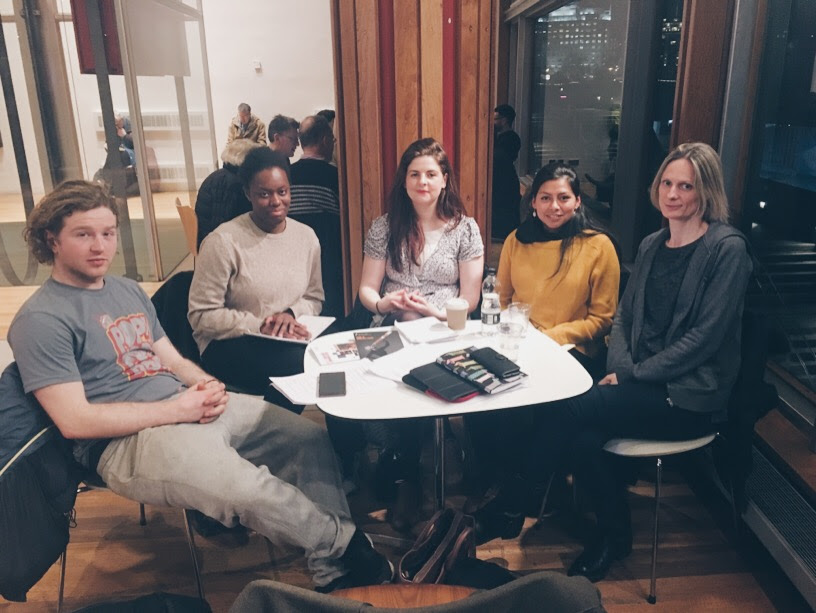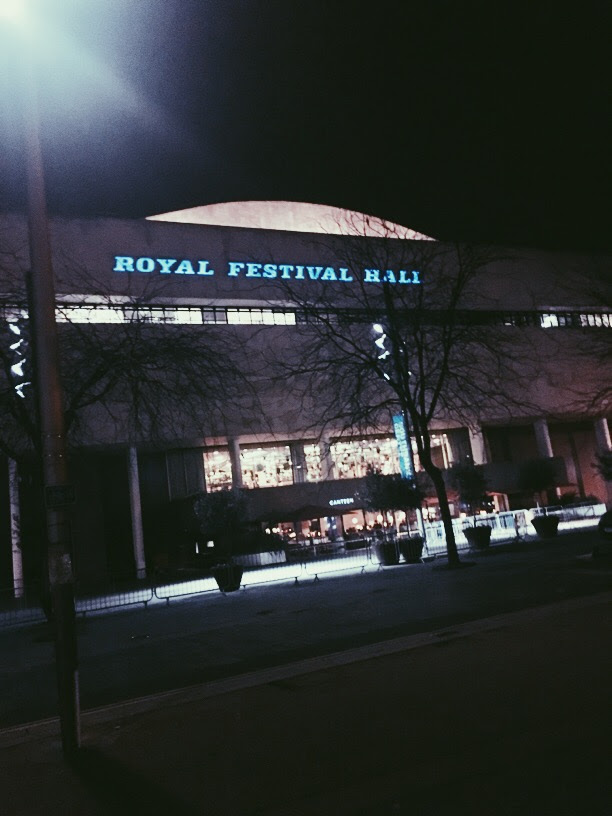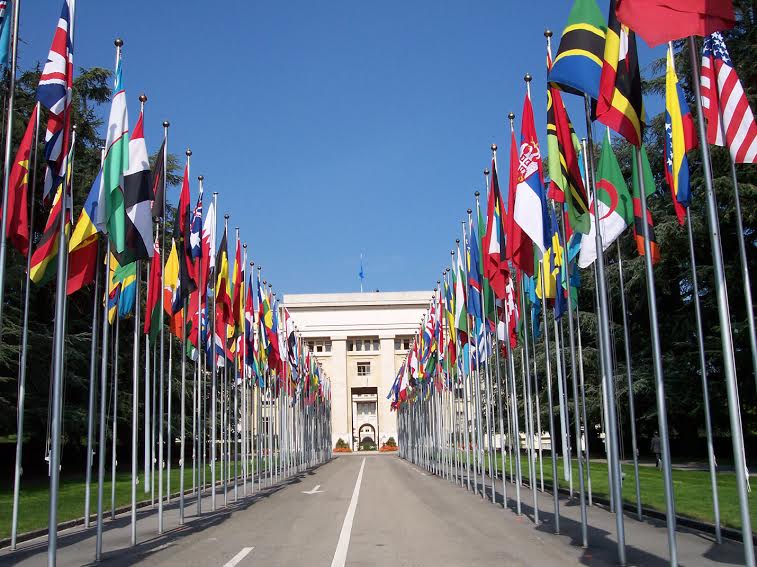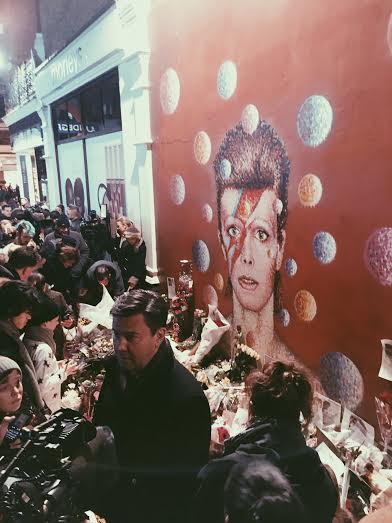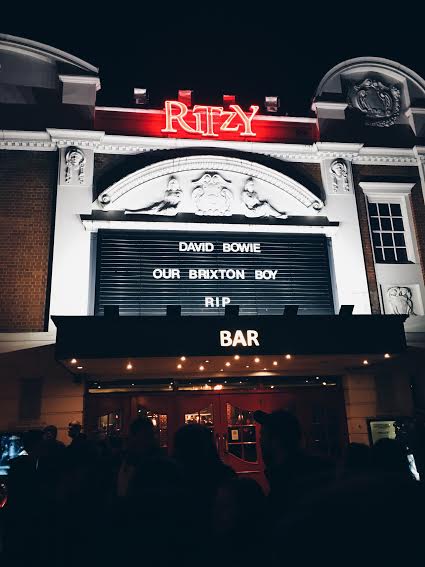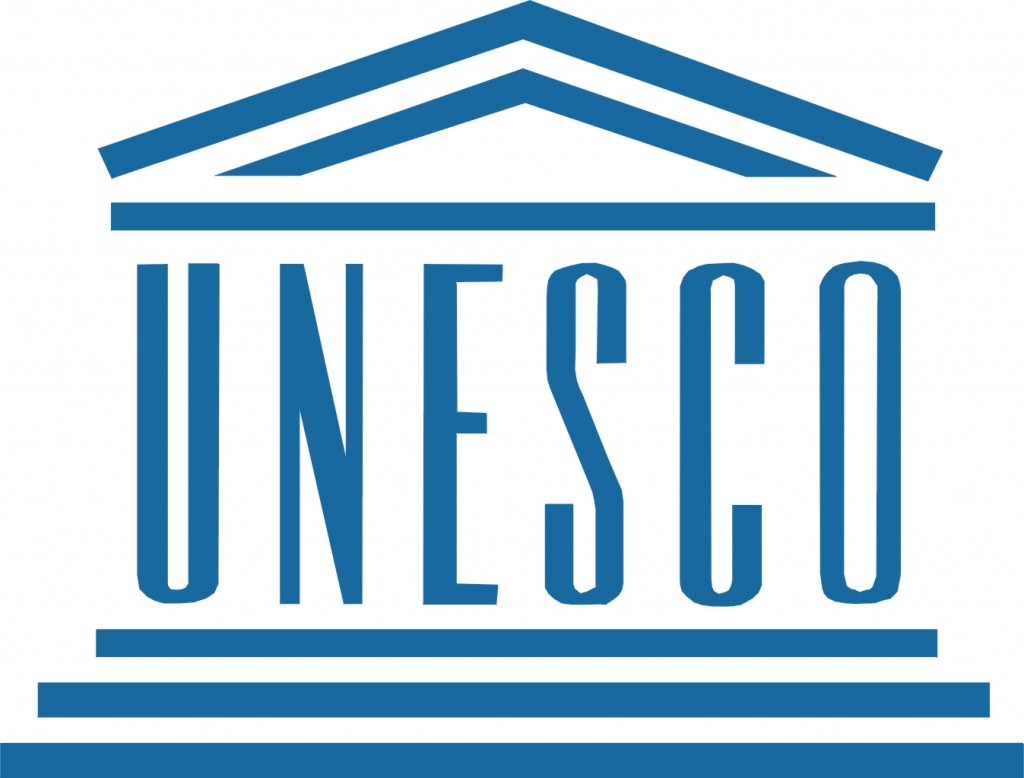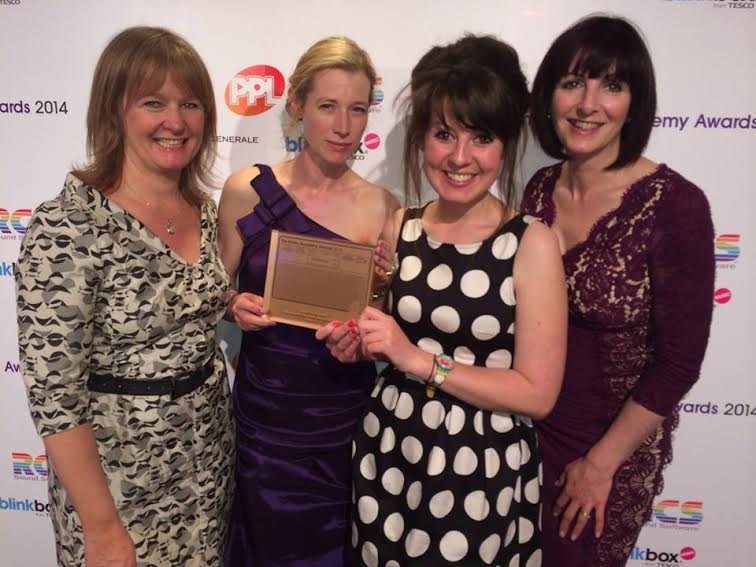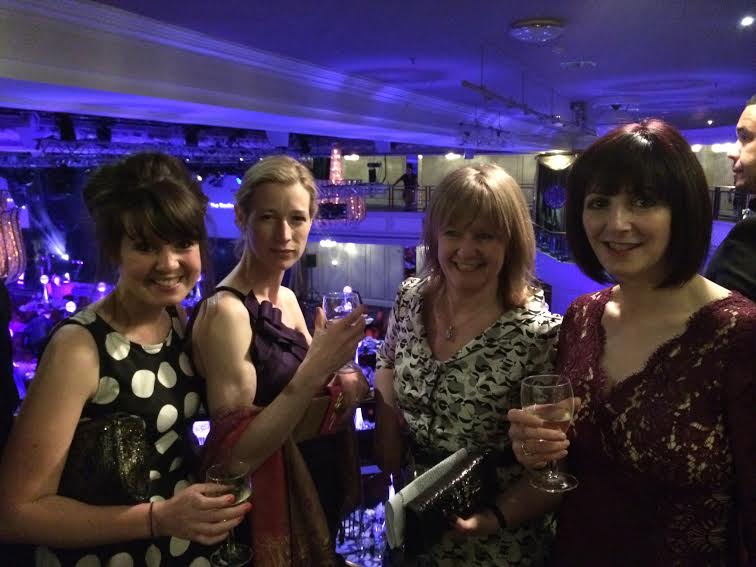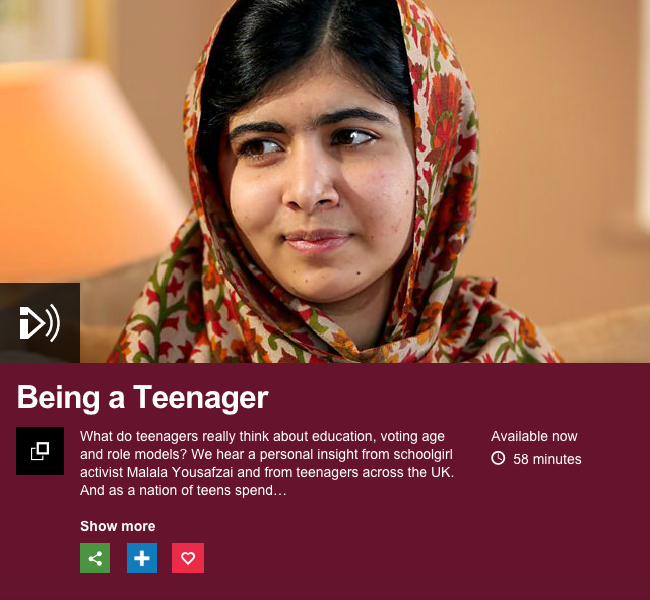Frankie: Staring
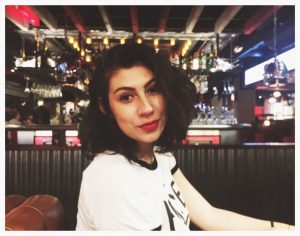
What made you interested in writing?
I think writing has always come naturally to me. I’ve always liked telling stories and writing them down. Or if something was happening in my life, good or bad I took comfort in writing journals and documenting my feelings. It was after hearing David Sedaris, my favourite writer, and watching Gavin and Stacey that I began considering writing scripts for comedy and drama.
What had you written previously and what challenges did you face writing an audio drama monologue?
In the past I had always written for performing stand up comedy or for myself. So writing for a character, developing their personality and finding their voice, making sure it was different from my own was quite difficult. To me and my friends I have quite a distinctive way of delivering lines or jokes when performing and I didn’t want people to recognise me in this character.
What did you learn writing for audio?
The main thing I learnt is you have a lot more freedom. Audio relies on the imagination of the listener for scenery, so you can literally base you story anywhere. I think that’s really exciting. There is no limit.
How did attending the group help you to develop your work?
Meeting in a group for me really helped. Writing on my own I have found it hard to get started and stay focused. Cordelia set us some writing tasks and without me even knowing she got the creative juices flowing. It was nice to be in a group and really appreciate everyone’s different styles and takes on pieces.
How did you find the challenge of re-writing and how were you supported in this process?
I tend to overdo it. Sometimes a character does not need to rant or directly tell you about themselves. Cordelia taught me that sometimes it’s about what is not being said.
Molly: Compassion Fatigue
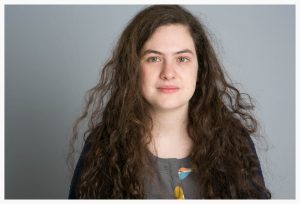
What made you interested in writing?
It’s a job you can do in your pyjamas. Also, we all live in own little heads and we can never truly know what it is like to be another human being. Writing from someone else’s perspective is one of the few ways that we can see into another person’s mind – everyone is their own protagonist and we are all as real as each other. But mostly the pyjamas thing.
What had you written previously and what challenges did you face writing an audio drama monologue?
It is hard to create tension and drama in someone talking to themselves. You have to have a strong sense of the internal conflict, especially when there is nothing visual for the audience to focus on.
I love writing for radio/podcasts and am eager to continue in the future. I know how intense the connection you have with something right in your ears. I was once so engrossed in Vasily Grossman’s Life and Fate on Radio 4 that I got trapped in a bog and I had to be rescued by some pensioners.
What did you learn writing for audio?
The importance of detail in the language, which creates a picture for the audience, without spoon-feeding them facts.
How did attending the group help you to develop your work?
The writing group was an honest, supportive space to explore ideas and make mistakes. The discipline of a writing group combined with the challenge of using a different medium led me to producing some of my best work.
How did you find the challenge of re-writing and how were you supported in this process?
I am unusual in that I don’t mind rewriting, it’s the writing bit I hate. Re-writing is working with something actually on the page, which is infinitely easier than looking at a screen and pondering maybe writing some words. While re-crafting my work, I felt supported by the writing group and the clear feedback I was given.
Daisy: Who Cares?
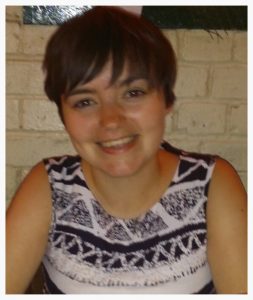
What made you interested in writing?
People. People made me interested in making stories. I think for me it all started with a fascination in the way people speak. A lot of that began with listening to family conversations and copying their speech patterns and opinions to create dialogue that felt real. My work is always inspired by the world around me and I think that people, with all their wackiness, are a big part of that.
What had you written previously and what challenges did you face writing an audio drama monologue?
Before embarking on this project I had only written short plays. I had no experience of writing a monologue and I think that I underestimated its craft. I found this project really challenging because it was difficult to explore a story in such a condensed amount of time using just one character’s voice. Whilst developing this monologue and understanding more about writing for radio I completely fell in love with audio drama. It is different from writing scripts for the stage because in audio drama you don’t have a set or any visuals to help you tell the story, but what makes that so fascinating is that it allows you to really unlock your imagination.
What did you learn writing for audio?
With radio you have no limitations. At first it may seem that you have because you don’t have a set and the audience can’t see your character’s traits. But because you are purely relying on the characters and the audience, the who, where and when can be whatever you like – your characters don’t even have to be humans!
How did attending the group help you to develop your work?
I learnt so much from attending the group because I could listen to the work of others and learn from them. We progressed together which was really nice because usually writing can be quite a lonely experience. From this group I learnt that there are just so many ways to write a monologue. I also learnt that choice is the key to developing any story – a character needs to have a choice which they then decide where to take it.
Finally, some thoughts about the challenge of re-writing and how you were supported in this process.
For me the re-writing process was the most important part. I began with a completely different monologue to what I ended up with. I learnt that I had to really think about where my character was in order make the story come to life. I also found that the more I re-wrote the more experimental I became which was a very enjoyable and exciting process.
Pip Swallow: Just Joella
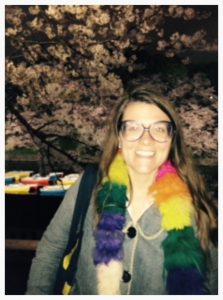
Pip is studying at Goldsmiths for a PhD in Theatre. She trained as an actor but does all sorts of things to keep afloat in London.
What made you interested in writing?
I’ve tried to work as an actor but it’s a tough and over-saturated industry. I wanted to try my hand at writing because the roots are the same. You need to have an interest in character and story-telling to do both.
What had you written previously and what challenges did you face writing an audio drama monologue?
I’ve never really tried writing before until this year so it’s all a challenge!
How did attending the group help you to develop your work?
I learnt about the need for impact early on and also about writing with the audience in mind. It was great to have constructive critique and bounce ideas off people in a group format.
Finally, some thoughts about the challenge of re-writing and how you were supported in this process.
Cordelia could point out the weak spots which is hard to see for myself. It’s hard to be objective when you’ve been wrapped up in a piece.
Rianna Mitchell Henry: Broken in Two
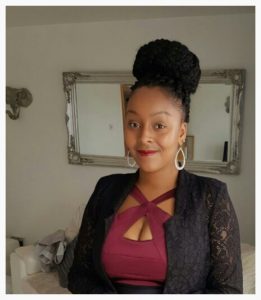
What made you interested in writing?
Writing gives me freedom to express my feelings, perceptions and thoughts without limitation. I relish the power to shine light on dark subjects and unspeakable truths that are evocative and enlightening to others. My writing can serve as a voice for social issues; potentially stimulate minds; and change lives, just like other writing has done for me.
What had you written previously and what challenges did you face writing an audio drama monologue?
The main challenge was writing a monologue in the active voice and in present tense.
Before the writing group, I had written a full-length play for the Royal Court theatre, and screenplays with the BBC. Writing for audio was more challenging than writing for stage because the story is presented through dialogue and sound effects only. It was difficult to keep the story entertaining, as there are no stage directions to keep the audience visually engaged.
What did you learn writing for audio?
I learnt that to make a monologue as impactful and engaging as possible is to write in the active voice. Listeners are able to understand the characters and story in greater depth and fully immerse themselves in the narrative, as they are experiencing the character’s journey.
How did attending the group help you to develop your work?
I learnt how to produce an effective monologue and its differences in convention and style compared to other writing genres. Attending the group helped with the re-writing process because I was able to gain constructive criticism, and figure out which elements worked.
Finally, some thoughts about the challenge of re-writing and how you were supported in this process.
The re-writing process can be challenging because eliminating or changing parts of your work involves possibly having to make large changes to the narrative. The writing group provided the opportunity to share ideas with others and helped me tell the story I wanted to tell.
Bexie Archer: Second-hand Meringue
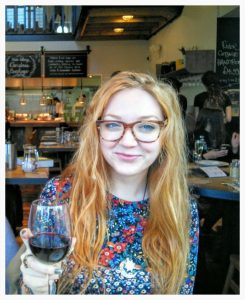
What made you interested in writing?
I starting writing monologues out of necessity, as strong young female voices are hard to find in audition pieces, and I didn’t recognise myself or the people I know, in many of the characters I was coming across.
What had you written previously and what challenges did you face writing an audio drama monologue?
I like to write minimal dialogue and leave the actors to express their stories and relationships, so I initially found it very unnatural to be commenting on the surroundings and scene as it happens so the radio audience knows what’s going on, so that was the main challenge. I think we got there in the end though!
What did you learn writing for audio?
It forced me to get across the subtleties using audio alone and taught me I don’t have to rely on visuals to create dialogue and environment that feels realistic
Finally, some thoughts about the challenge of re-writing and how you were supported in this process.
My earlier drafts overcompensated for the lack of visuals by being long and overwritten, so it was liberating to cut it down and play with how little exposition I could still get away with! I’m really chuffed with the piece that Cordelia and I have ended up with, as I couldn’t have done it without her guidance or patience.
Abe Buckoke: Out at Sea
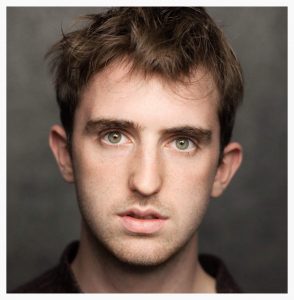
What made you interested in writing?
I’ve been a huge fan of Radio Comedy and Drama since I was young. I used to listen to the then Radio 7 for The Goon Show, Hancock’s Half Hour, and my absolute favourite, Dick Barton. I’ve always felt like the medium has an intimacy and a magic that is unparalleled in any other form. As they say, “the pictures are better in radio” but I really do find that to be a truism. Recent radio favourites of mine have been “The National Theatre of Brent” and anything by John Finnemore.
What had you written previously and what challenges did you face writing an audio drama monologue?
I found the “mono” bit hard. A lot of my work is very relationship based, I have a penchant for status war between people, and to find myself all alone when writing, “Out At Sea” was quite daunting. In fact the first draft I sent Cordelia, did have a huge gang of other characters because I just couldn’t seem to get the pen moving otherwise, but Cordelia’s guidance gave me confidence in isolating the focus of the story. In terms of the audio aspect, I suppose you don’t naturally think about how to tell the story of the world, when writing, because usually for theatre or film they’re just going to see it. Cordelia explained “you’re creating pictures in sound so think about what the audience will hear and remember if they can’t hear it it doesn’t exist. “. This was a key nugget which really helped me, because then I could translate what I was seeing into sound and it also gave me new ideas as restrictions so often do.
What did you learn writing for audio?
That you do have to create the world with your ears, and that’s exciting.
Finally, some thoughts about the challenge of re-writing and how you were supported in this process.
The rewriting was great, Cordelia had a really solid idea of what the piece was trying to do. Her directions where uplifting and helped strengthen and clarify my work, without letting it lose a sense of where it came from. I felt very supported indeed and hope to work with Cordelia and Podium.me in the future.
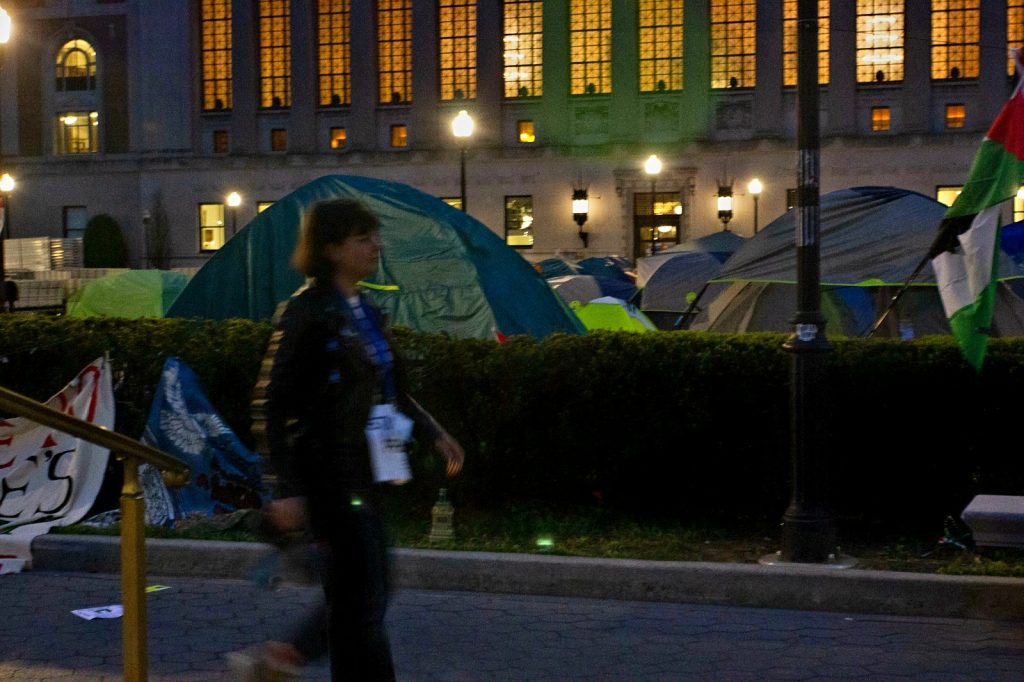
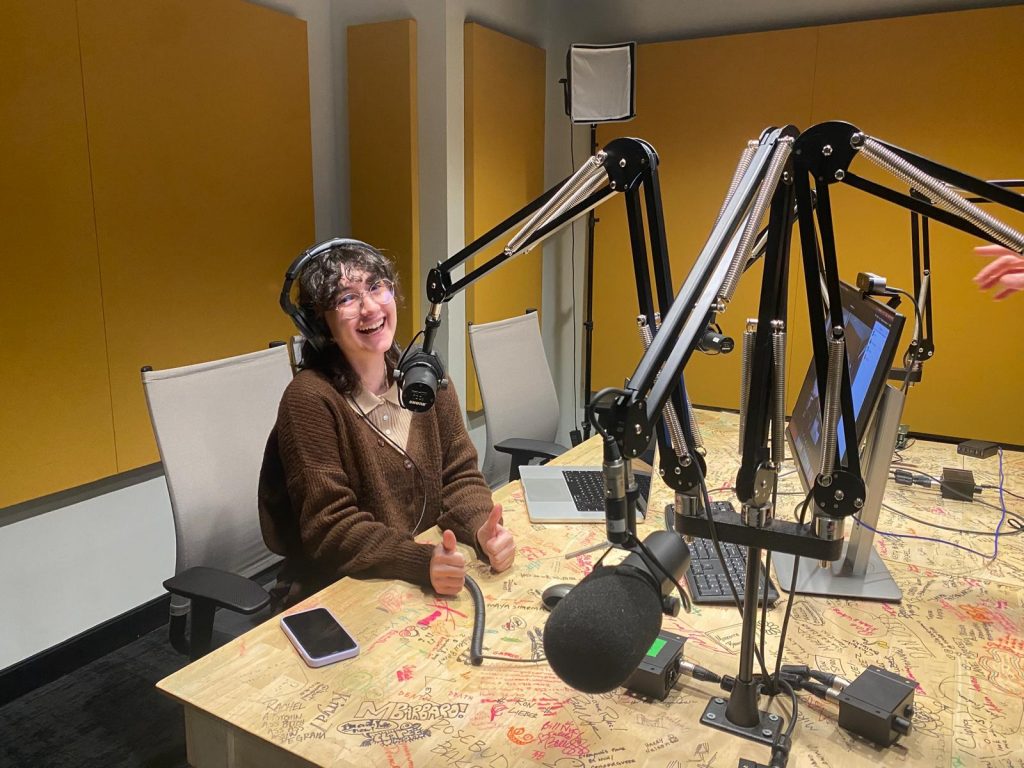
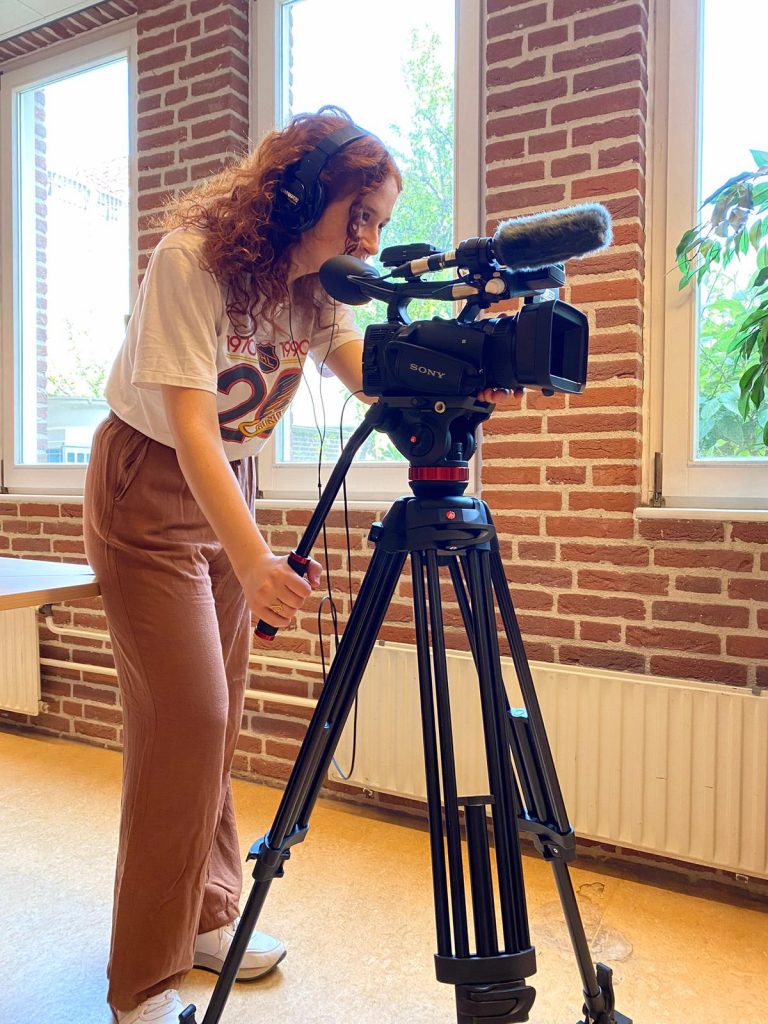
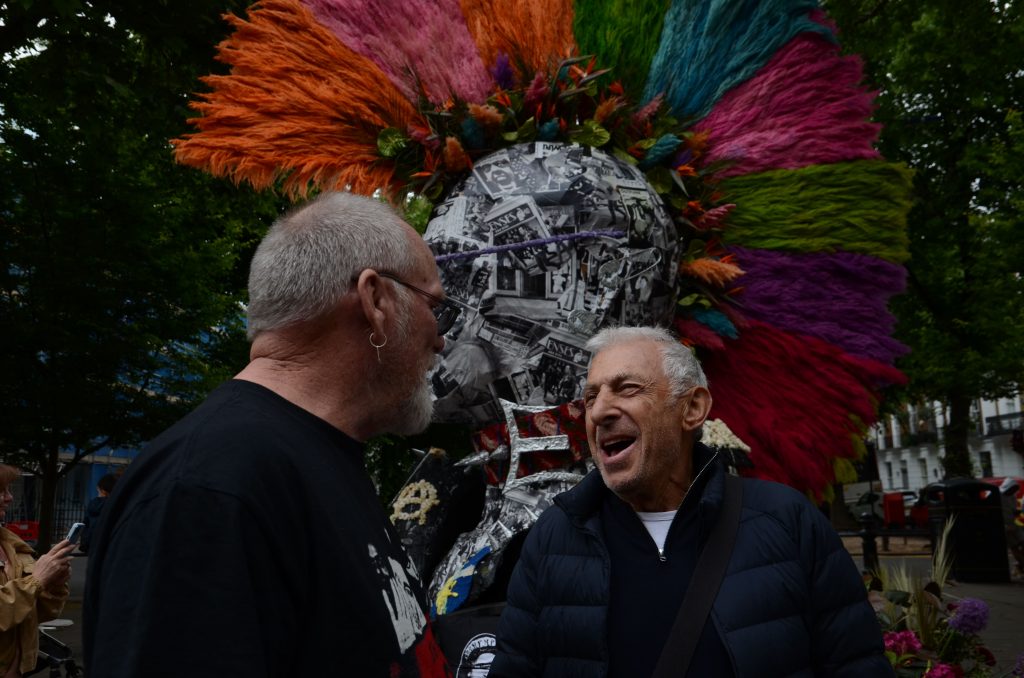
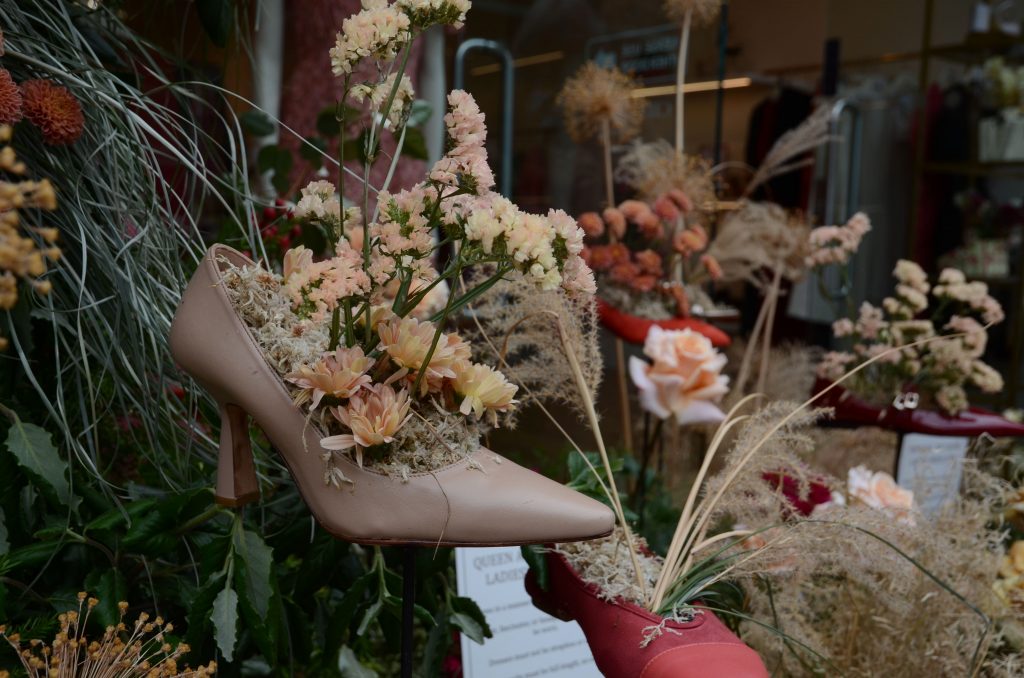

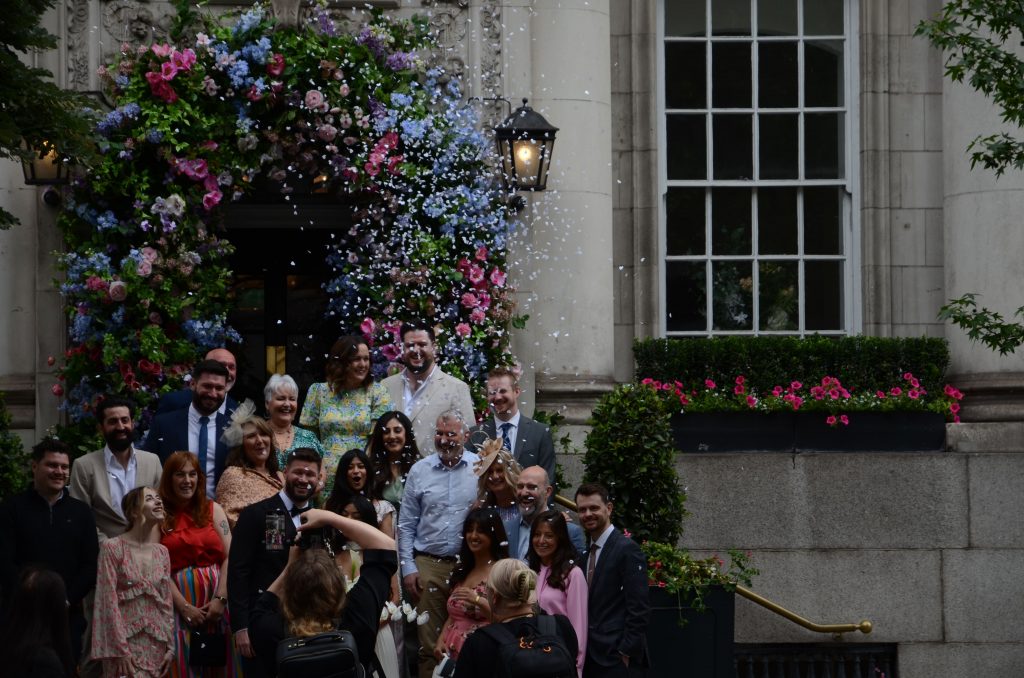
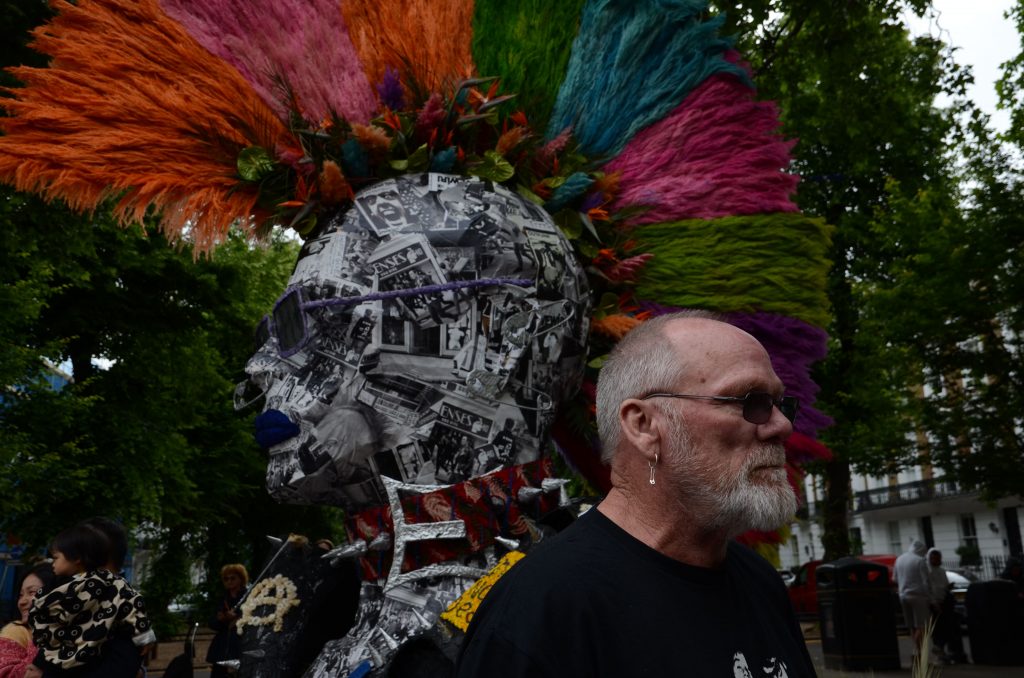
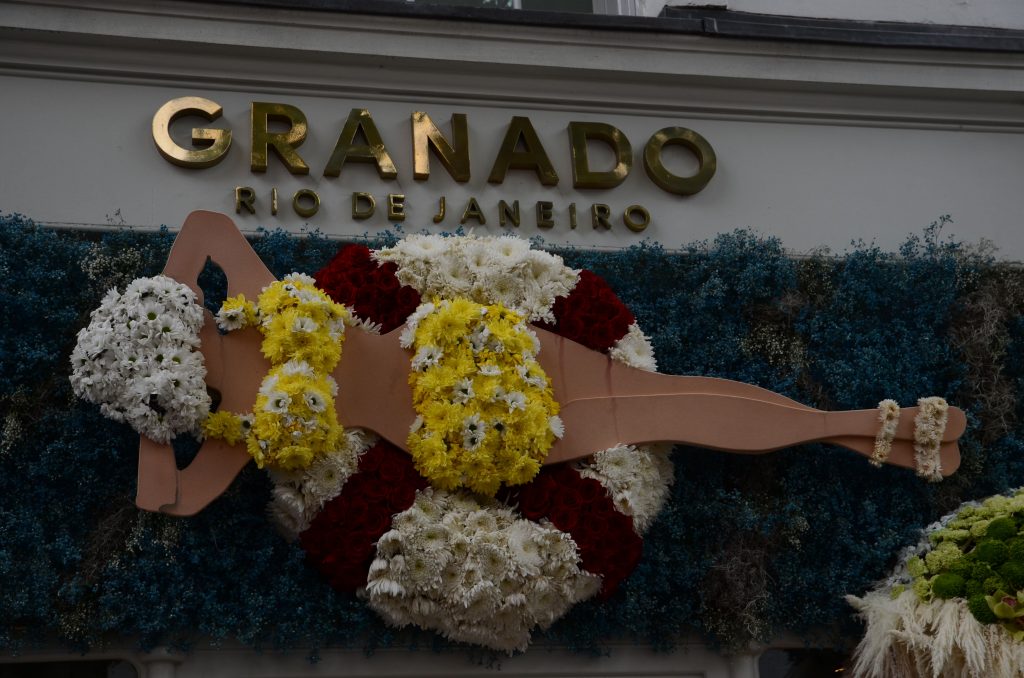


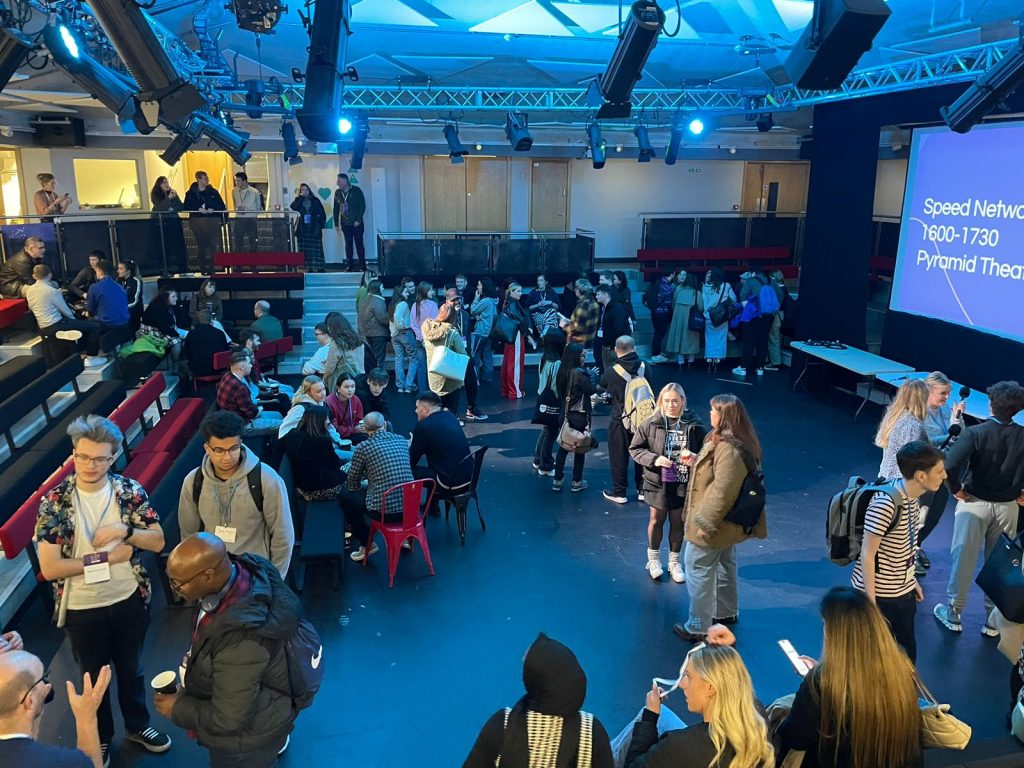
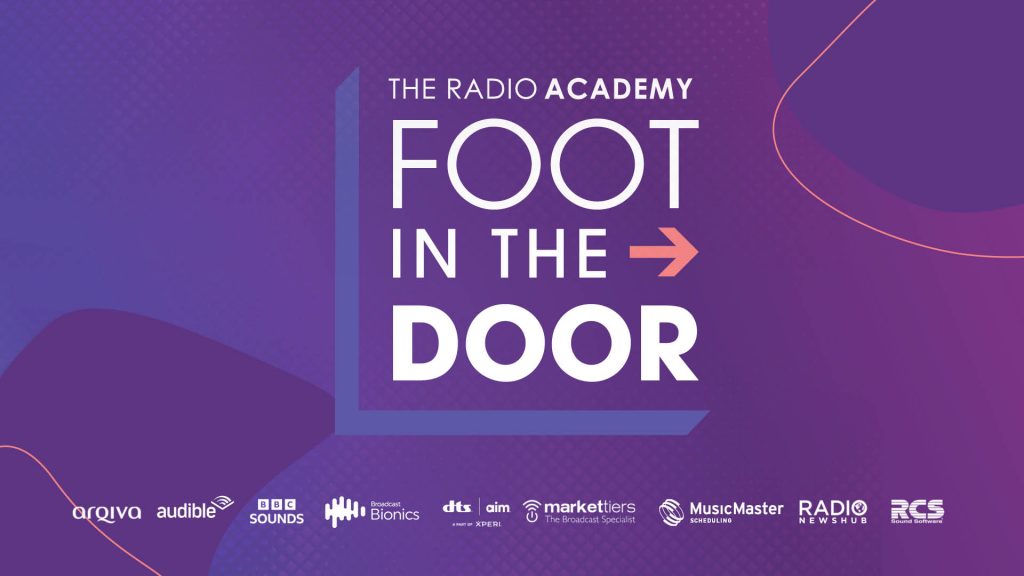
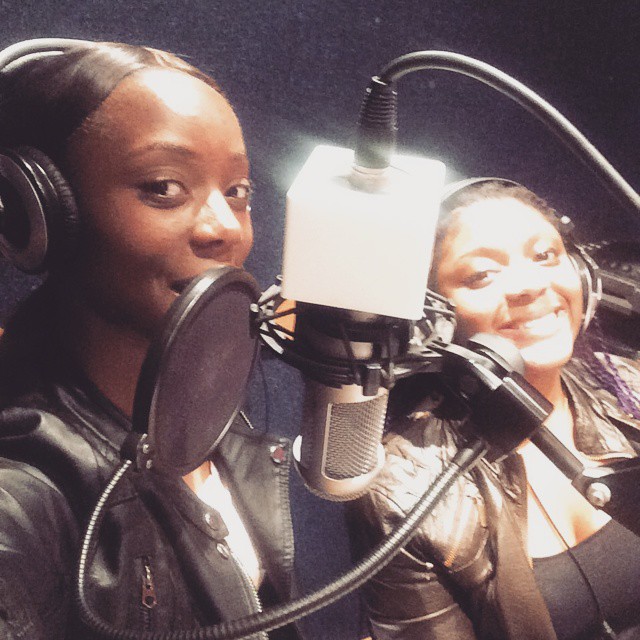
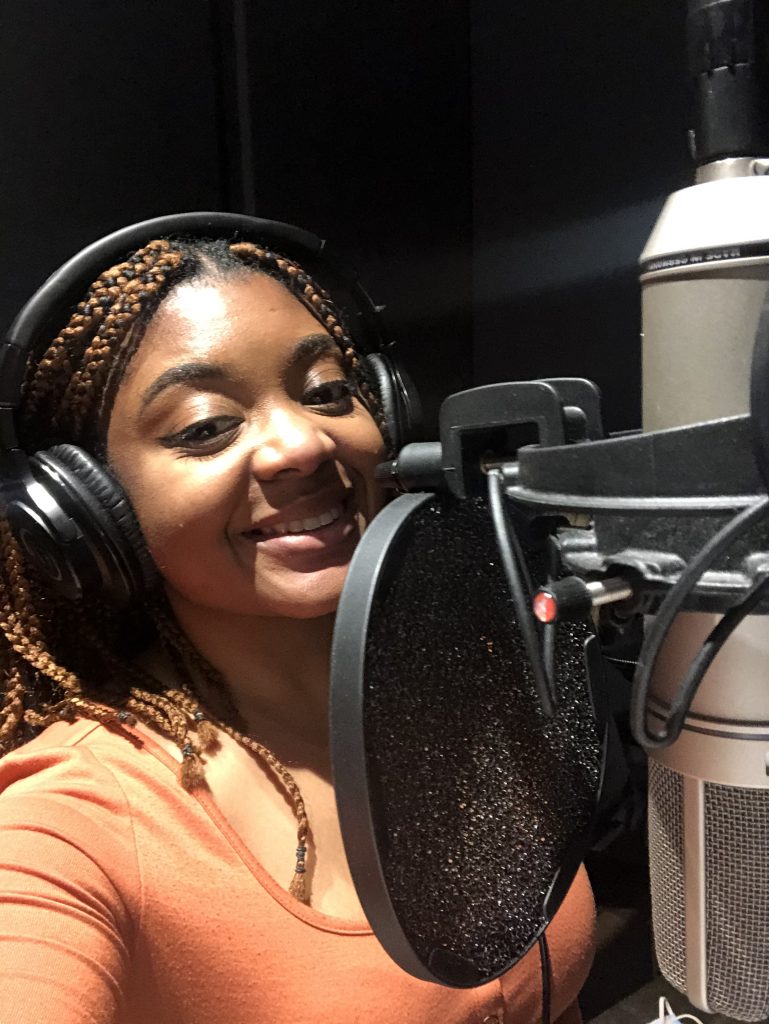
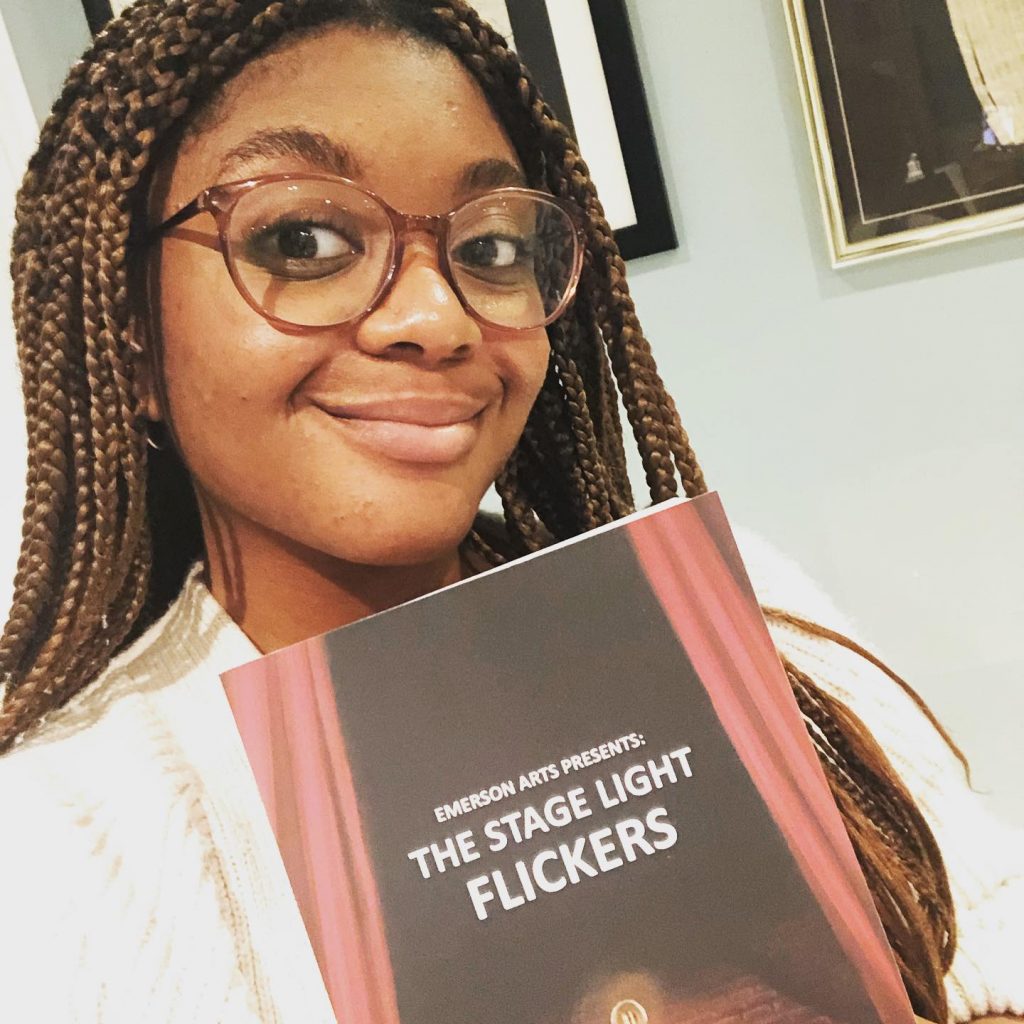
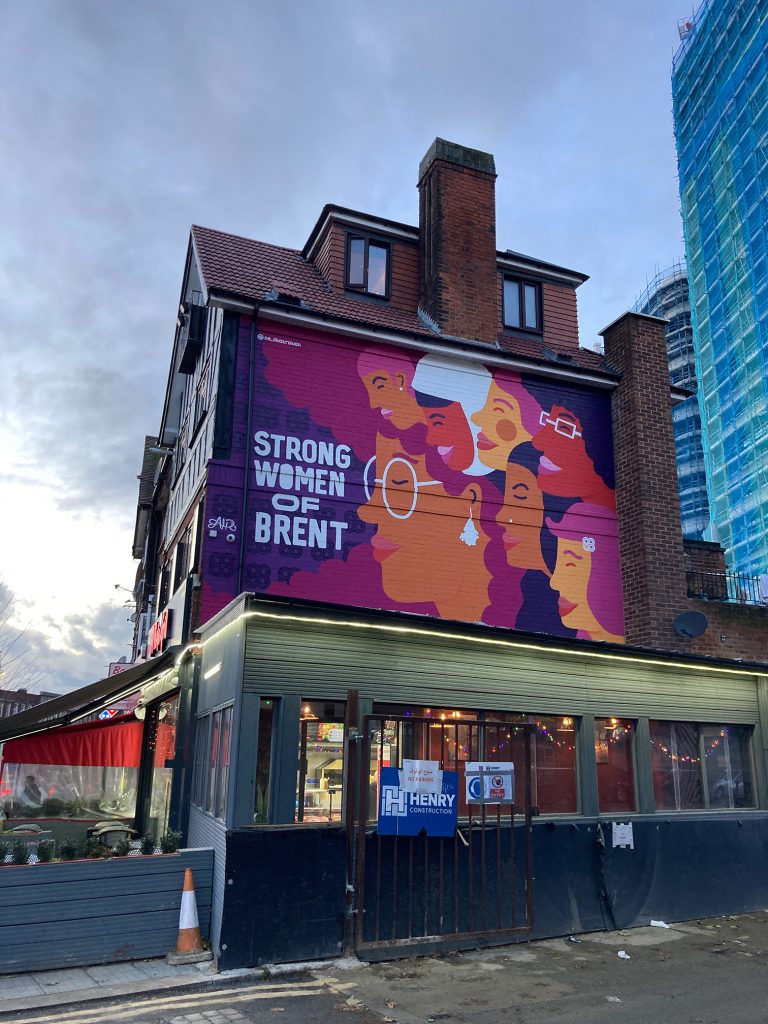
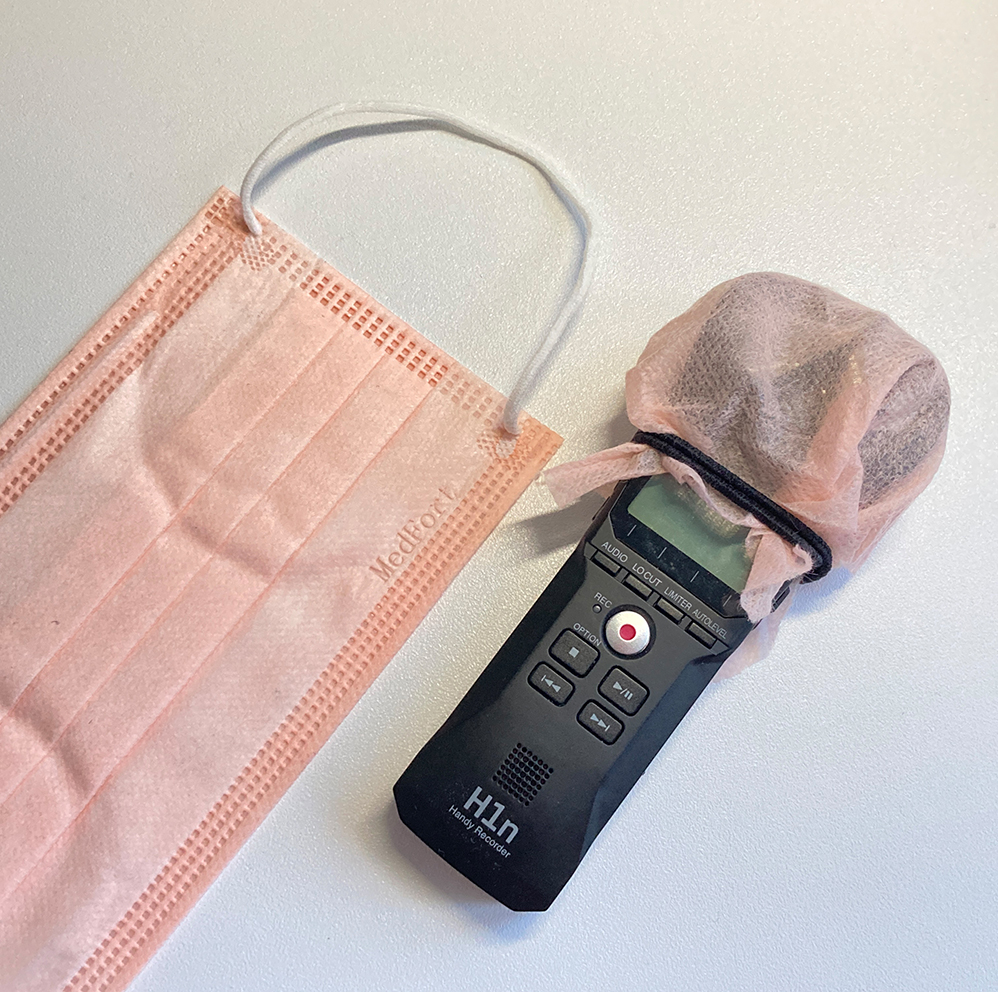
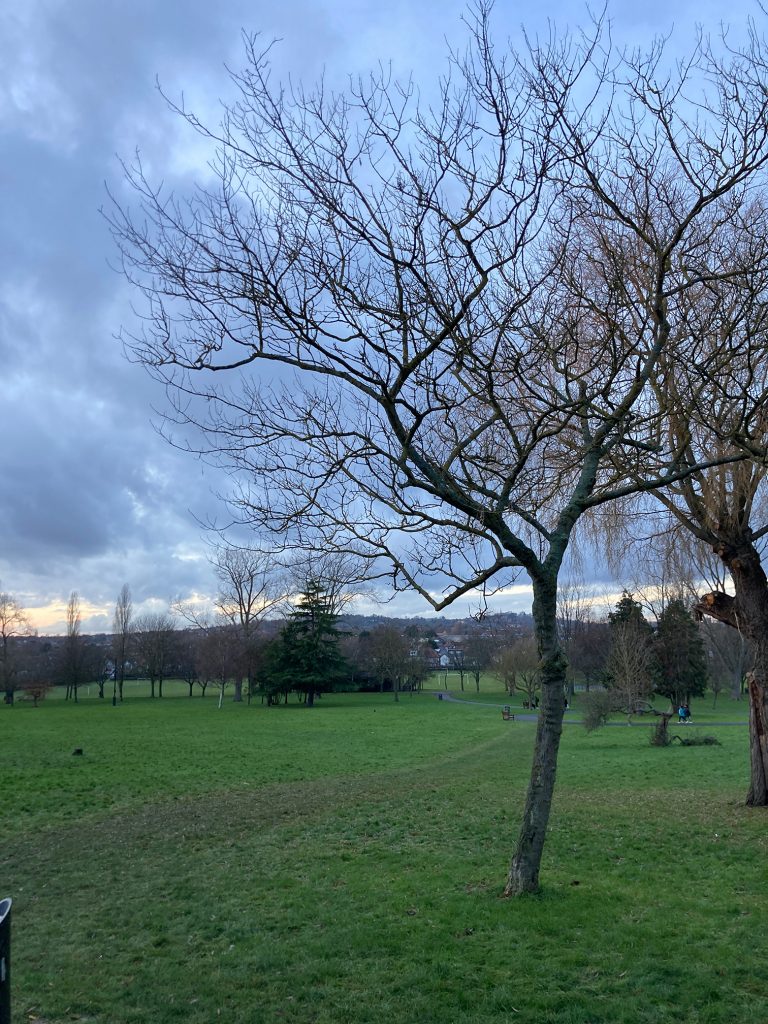
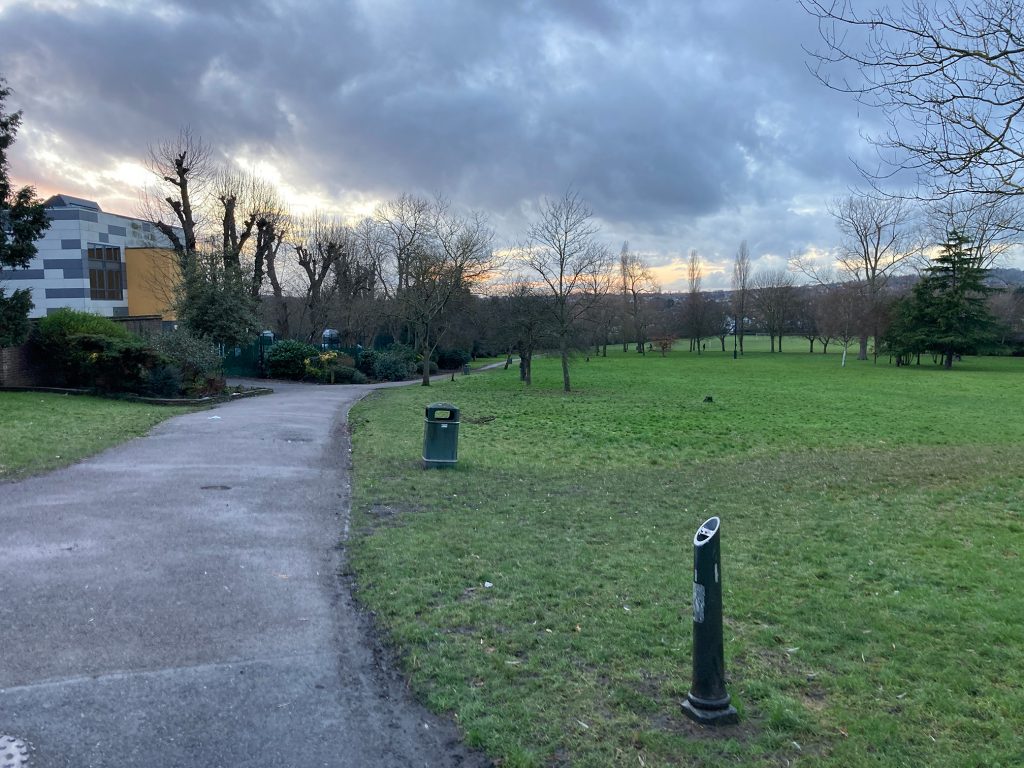
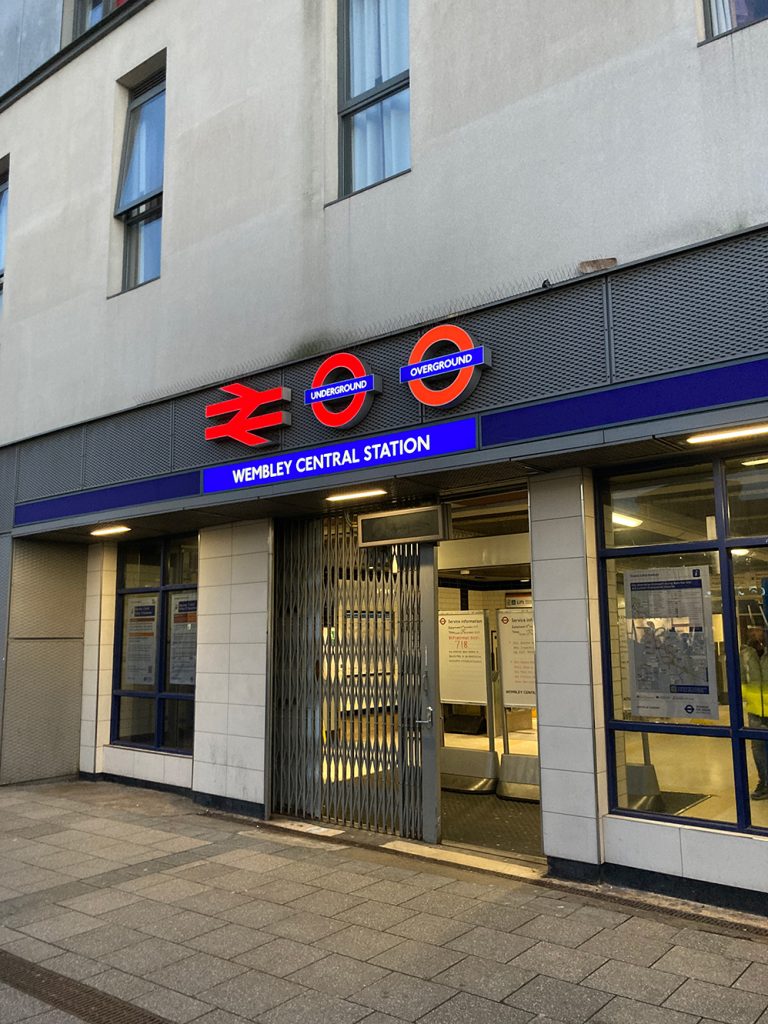
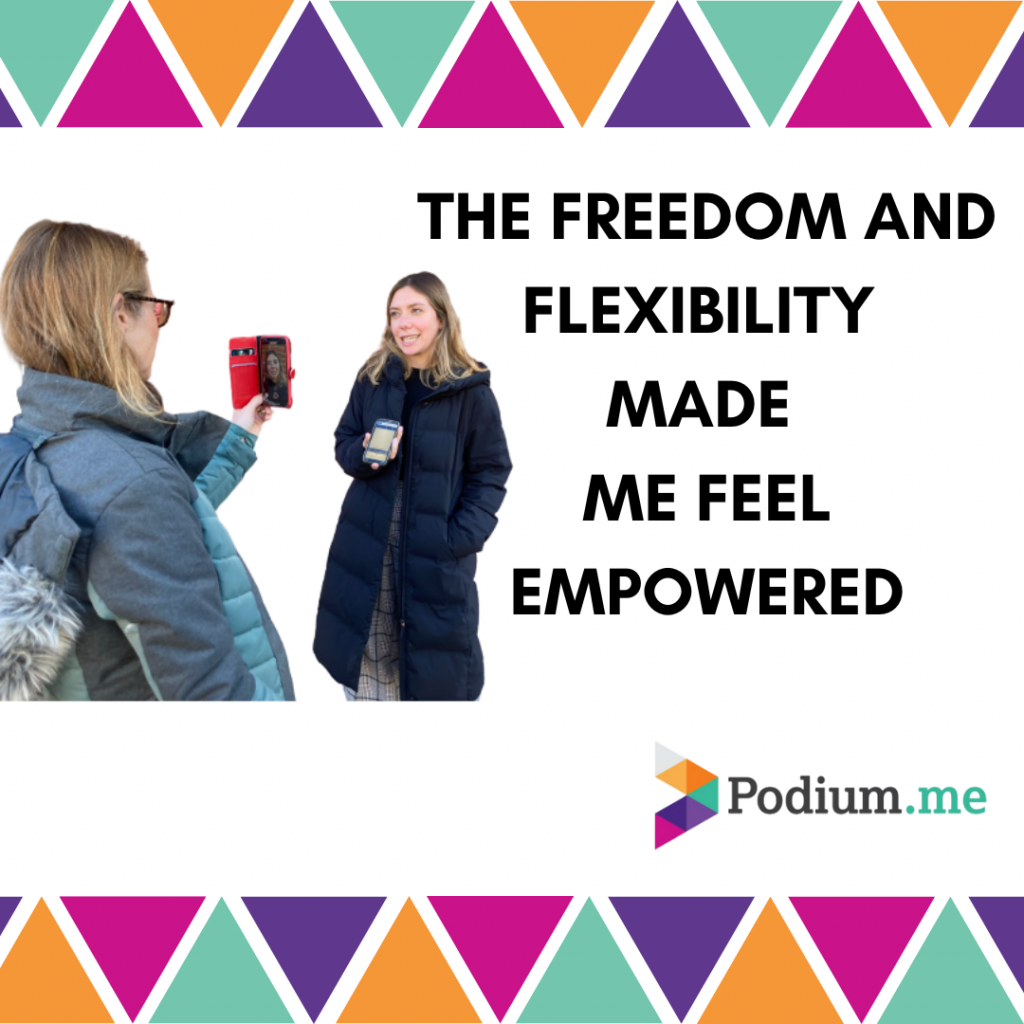
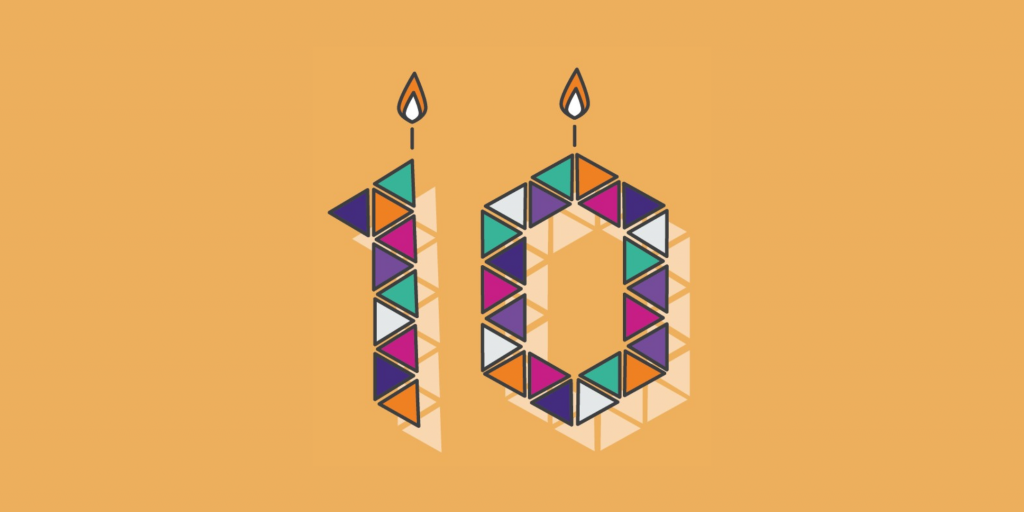
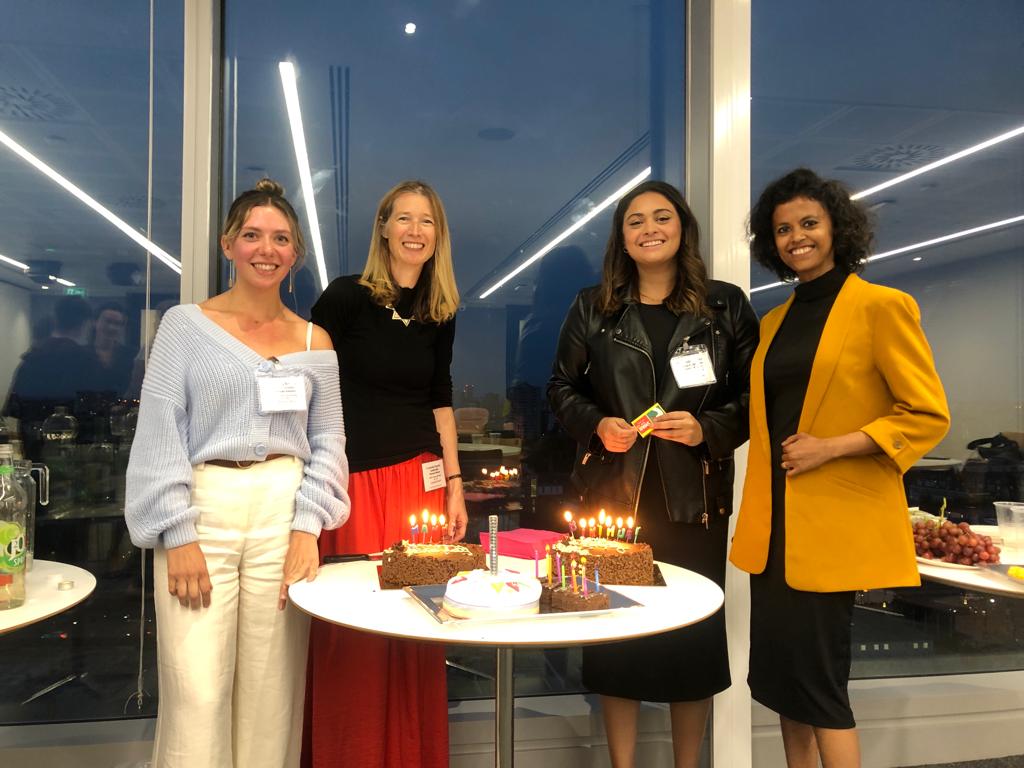
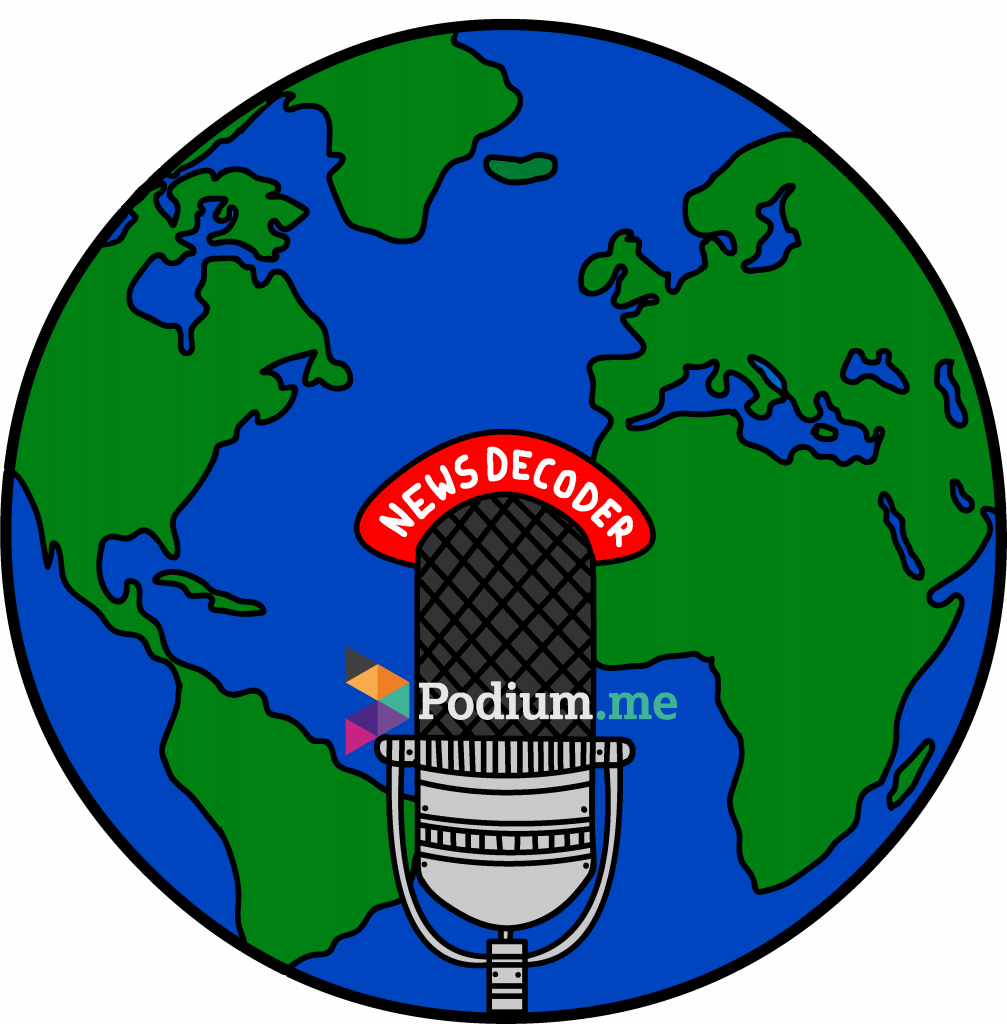
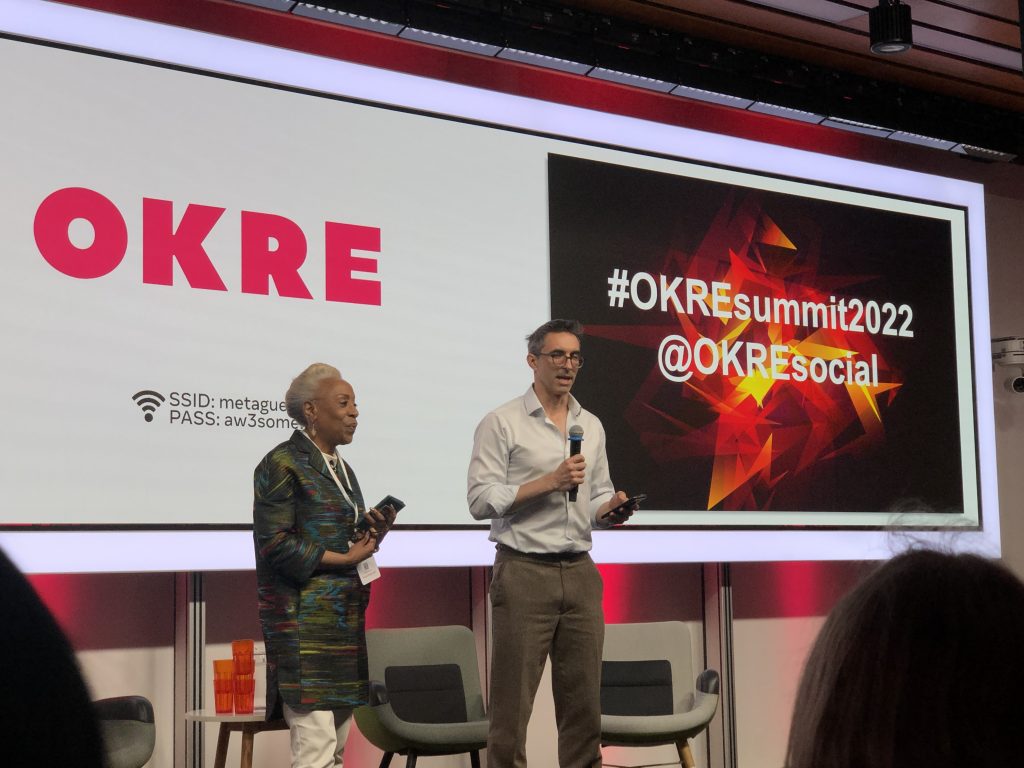
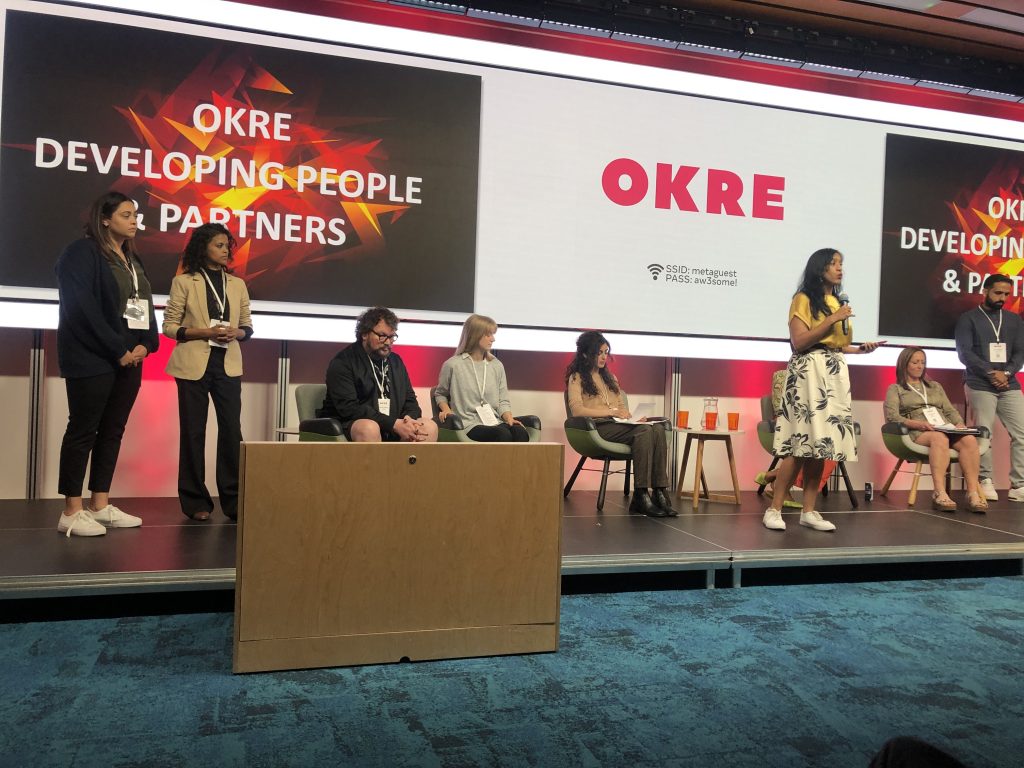
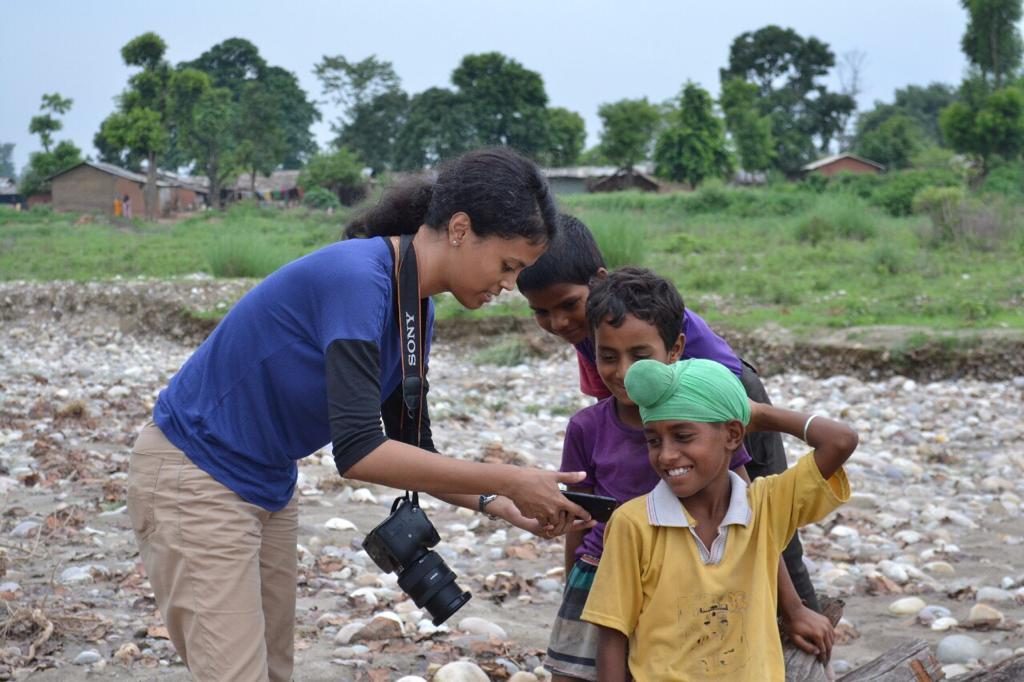
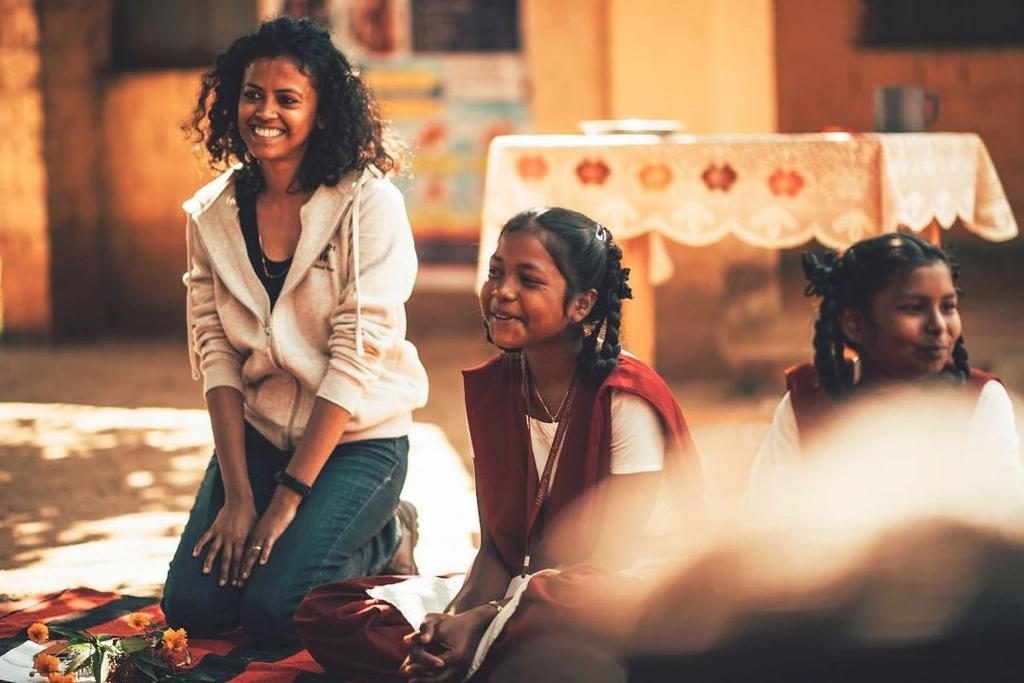
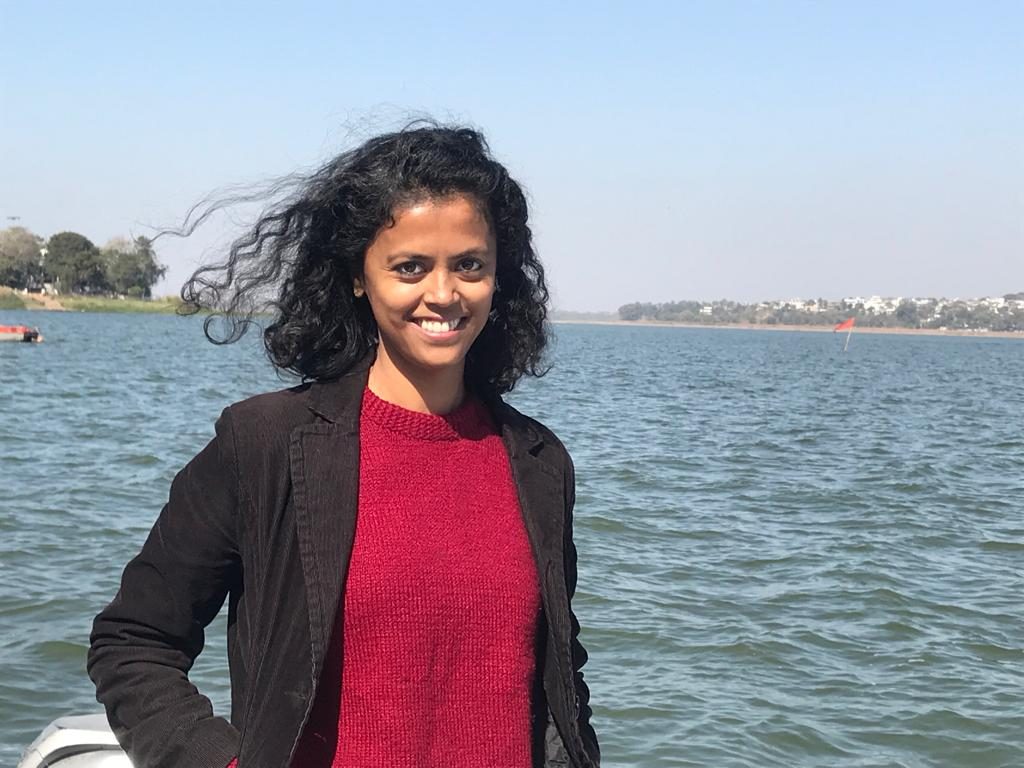
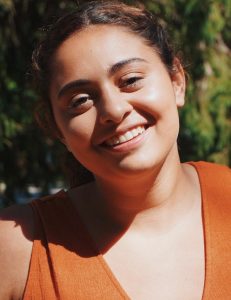
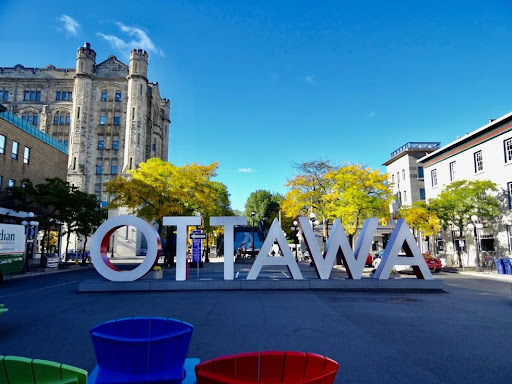
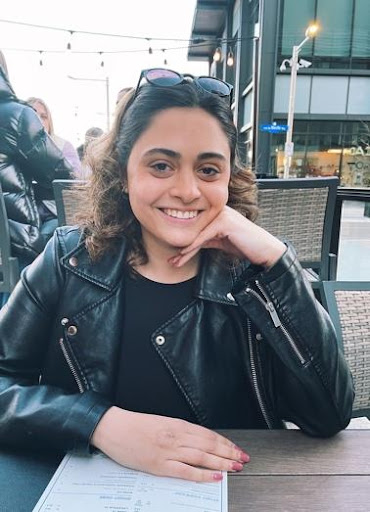
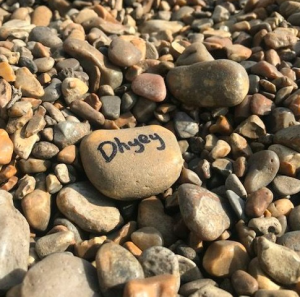
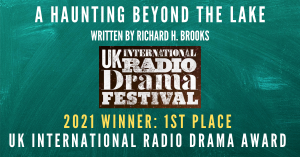
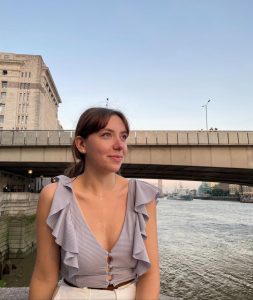



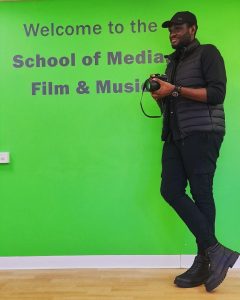
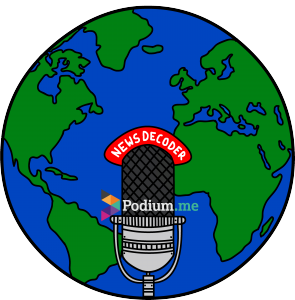
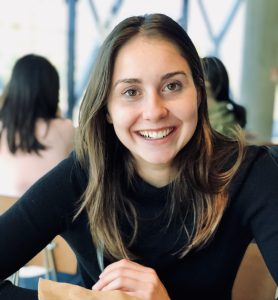
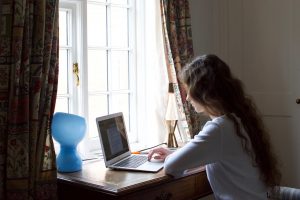
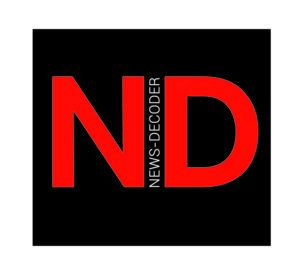 Podium.me and a Paris-based organisation called
Podium.me and a Paris-based organisation called 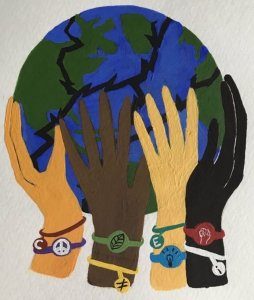
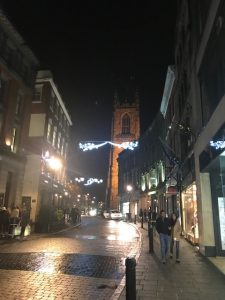 On the weekend of the 16th and 17th of November, myself and nine other writers from across the country met at the Derby Theatre for an incredible two days of crafting and understanding how to write for the medium of audio drama.
On the weekend of the 16th and 17th of November, myself and nine other writers from across the country met at the Derby Theatre for an incredible two days of crafting and understanding how to write for the medium of audio drama.